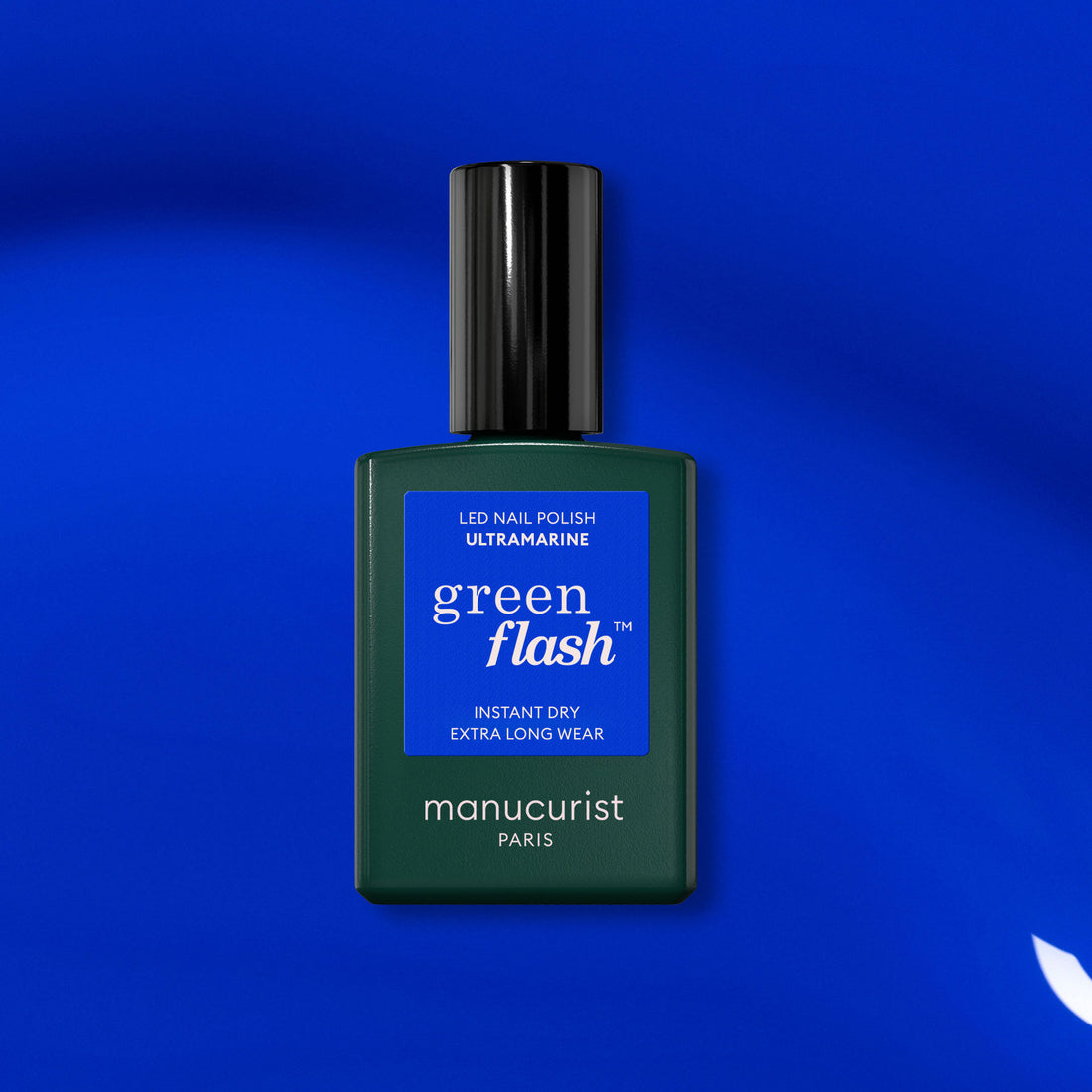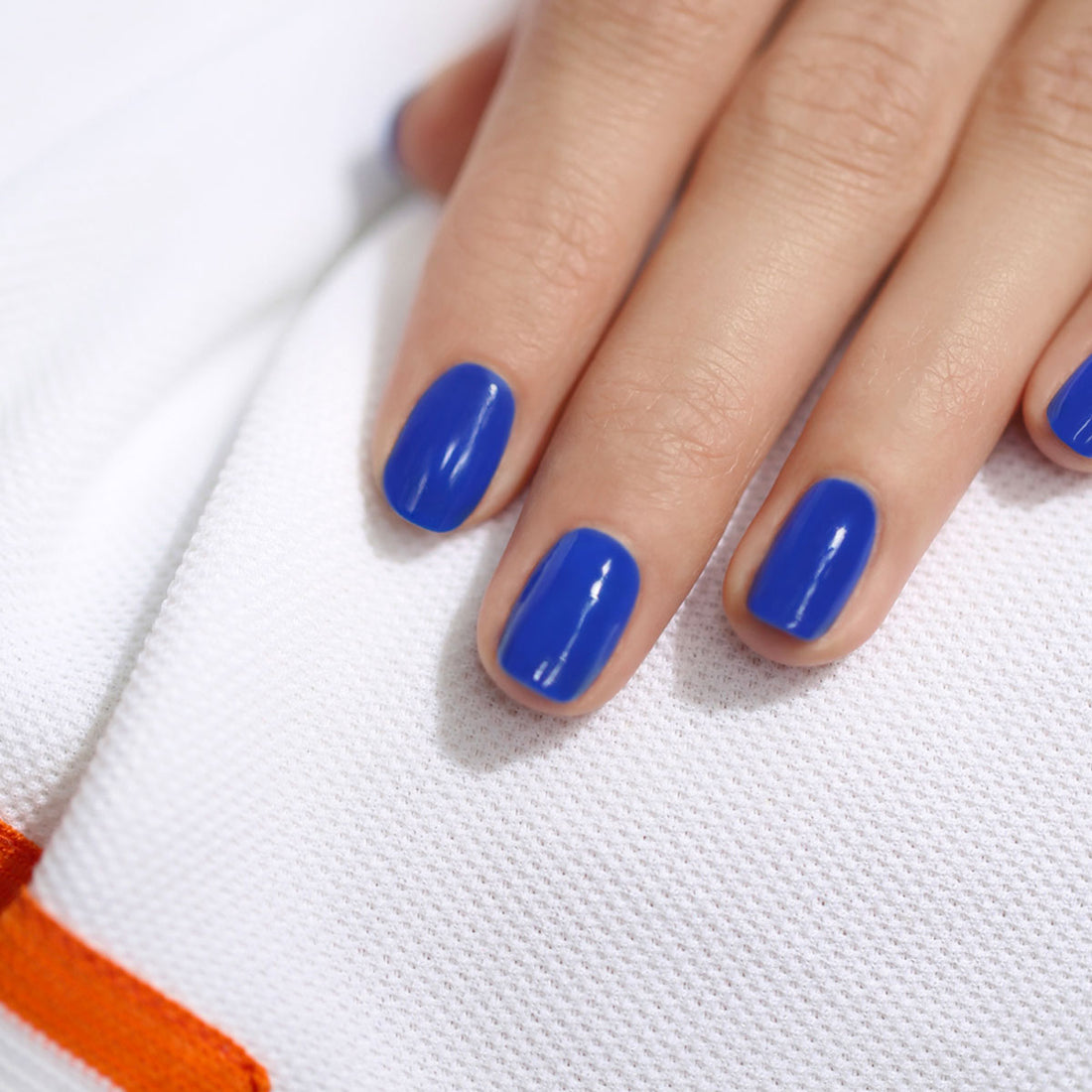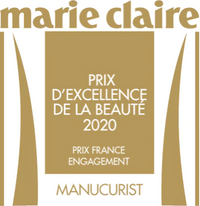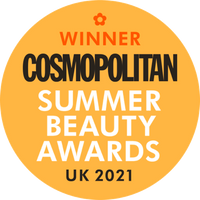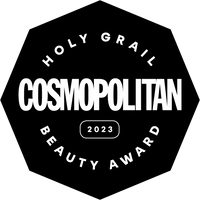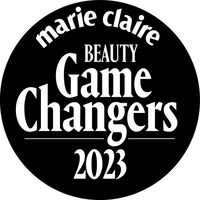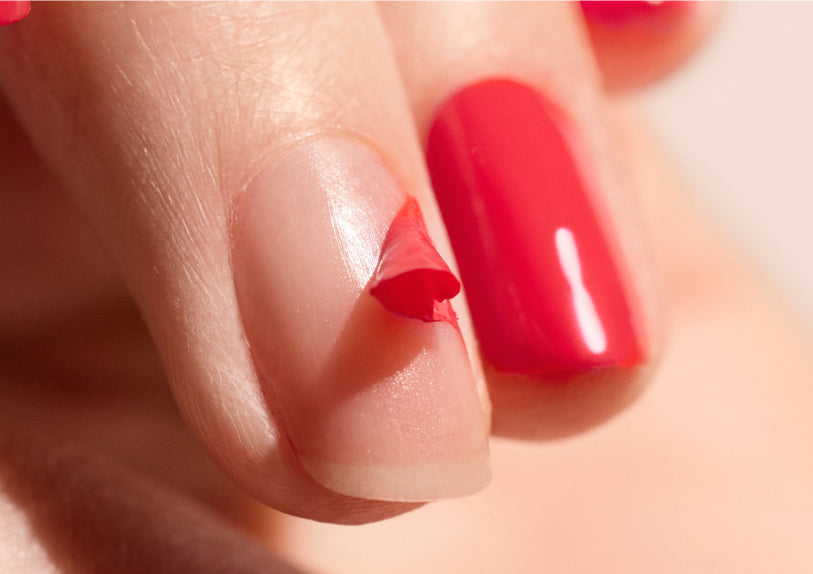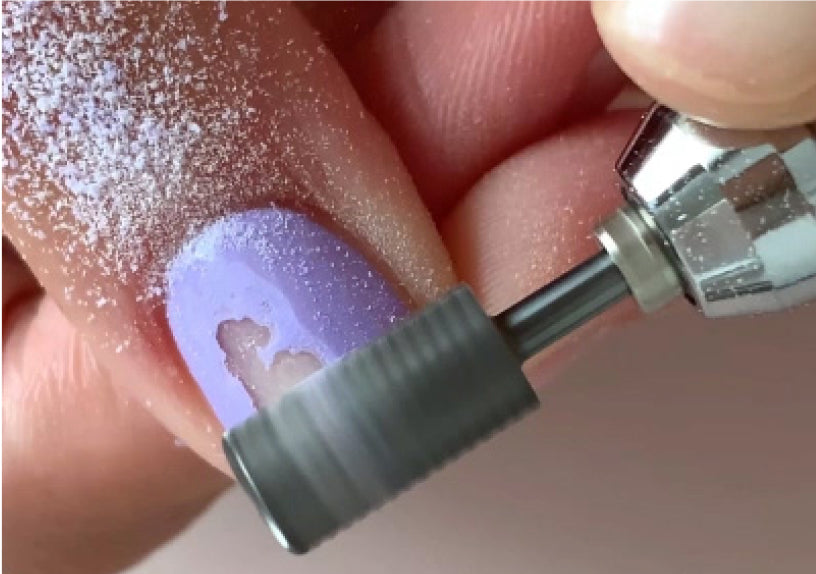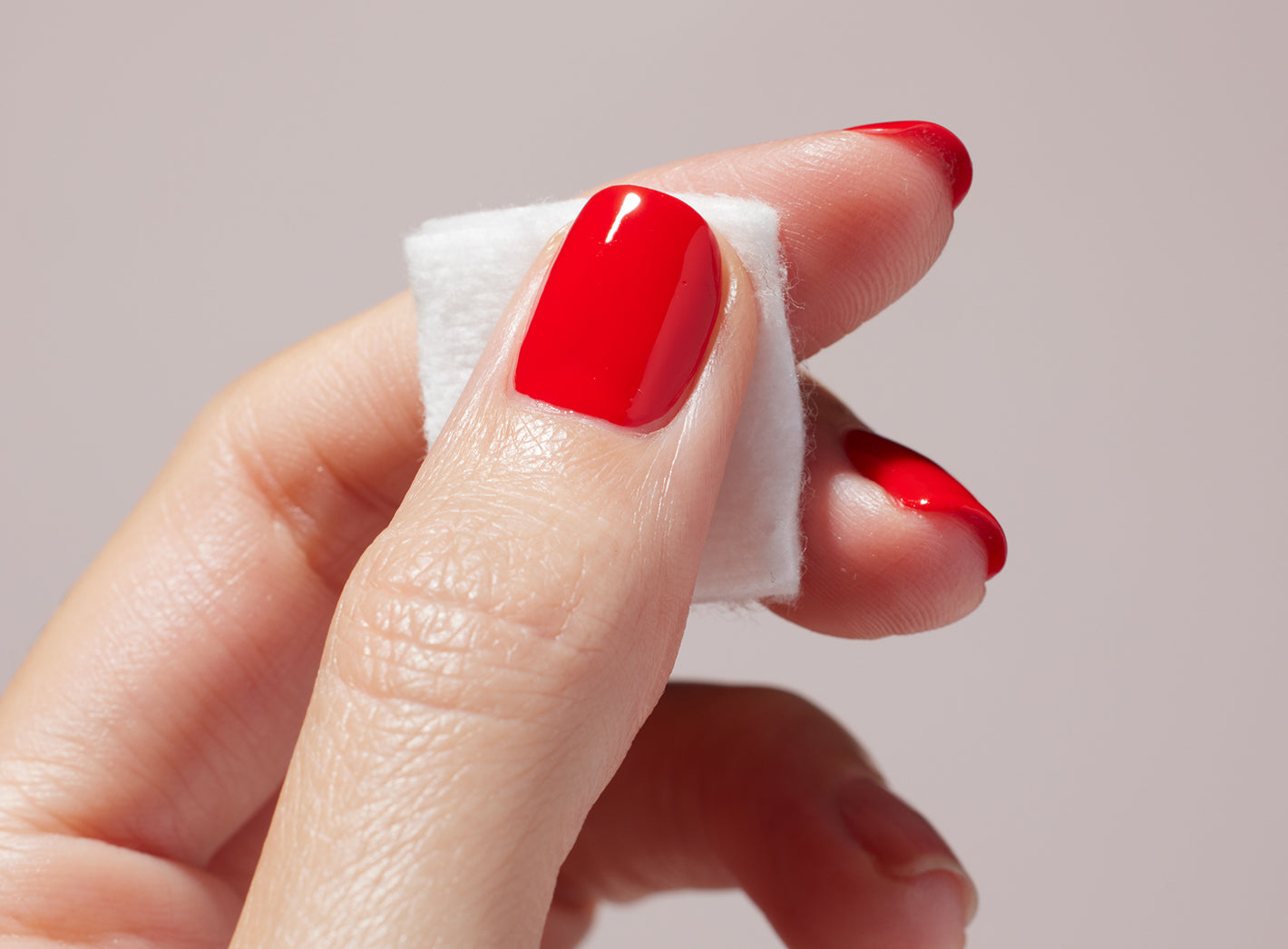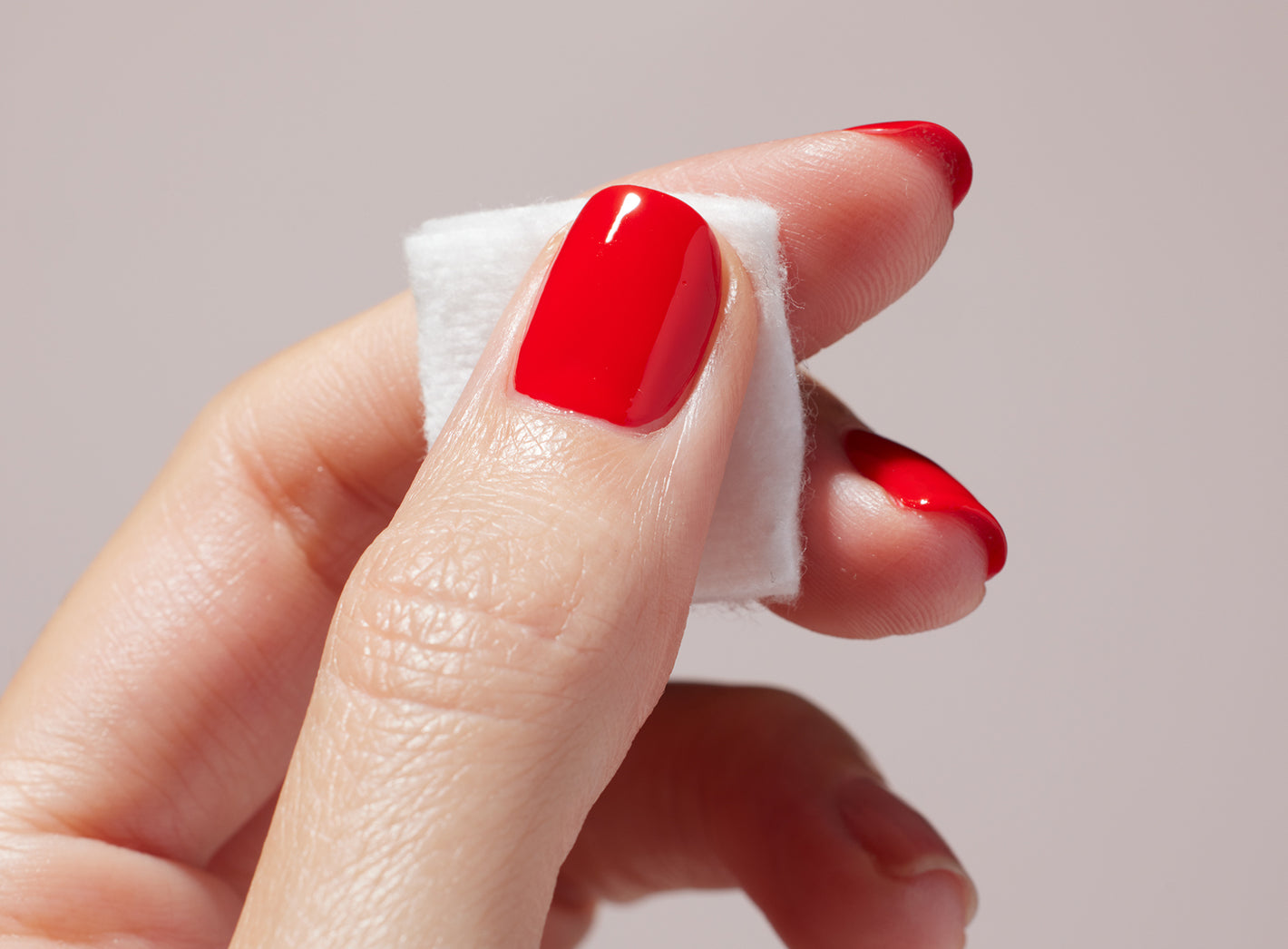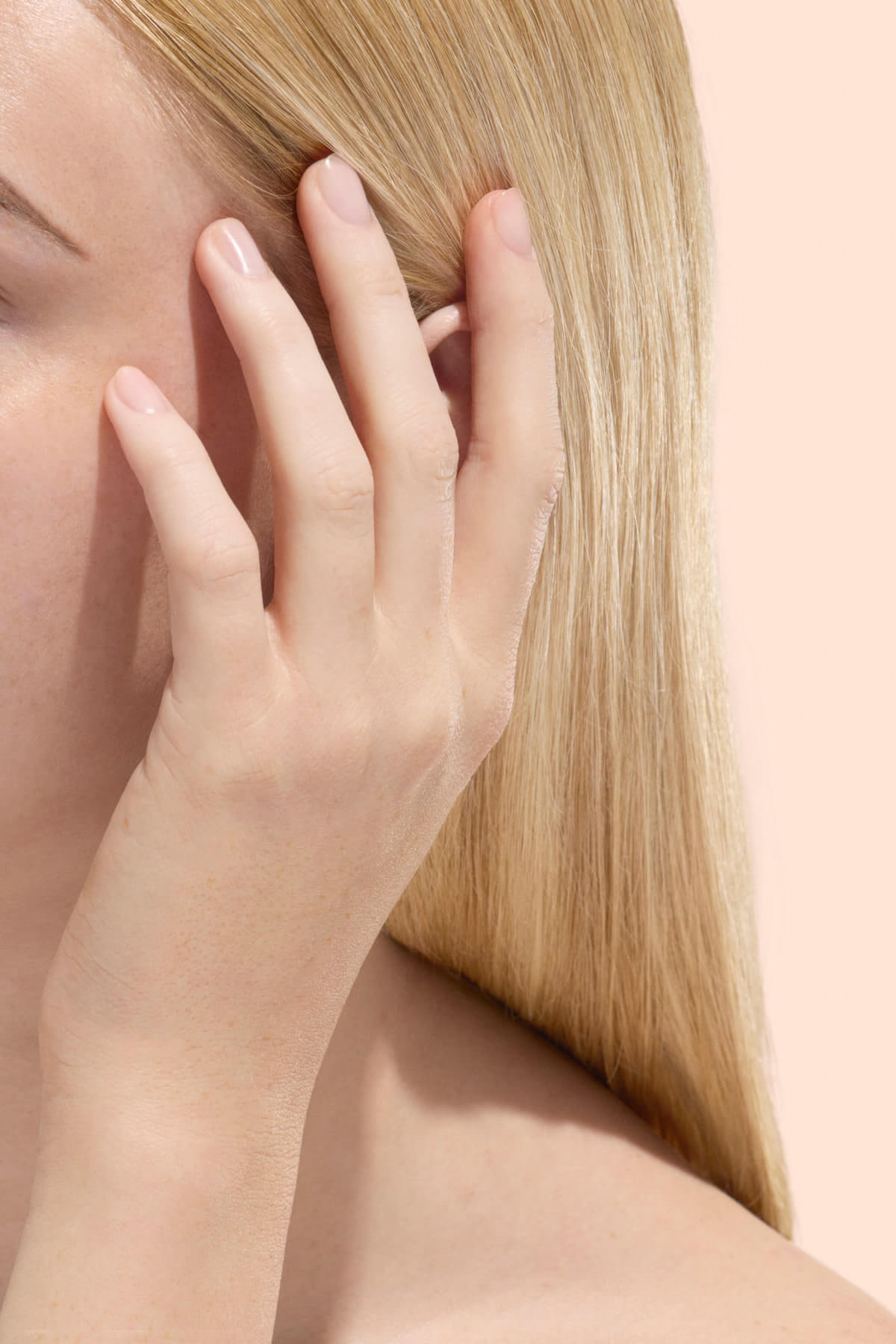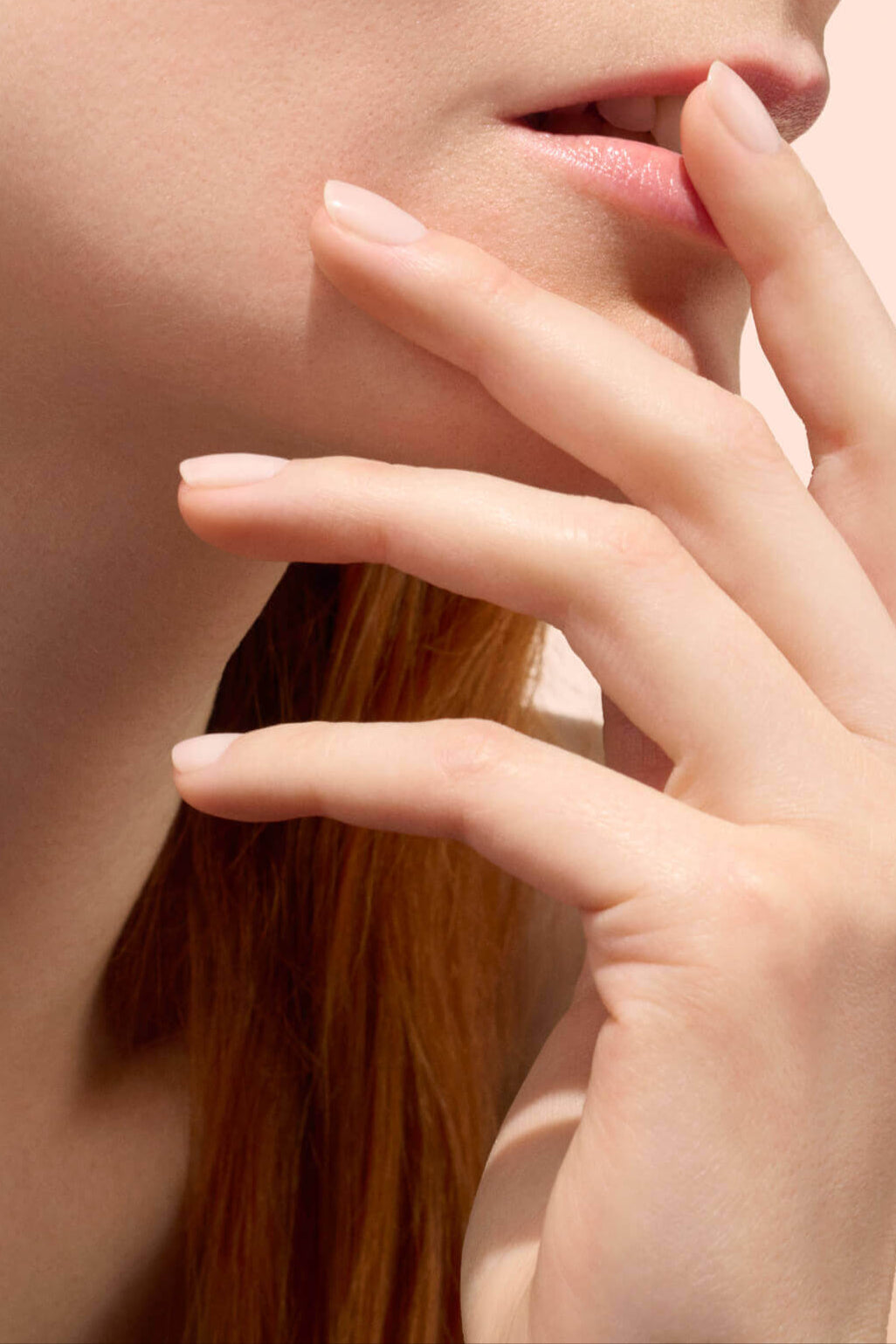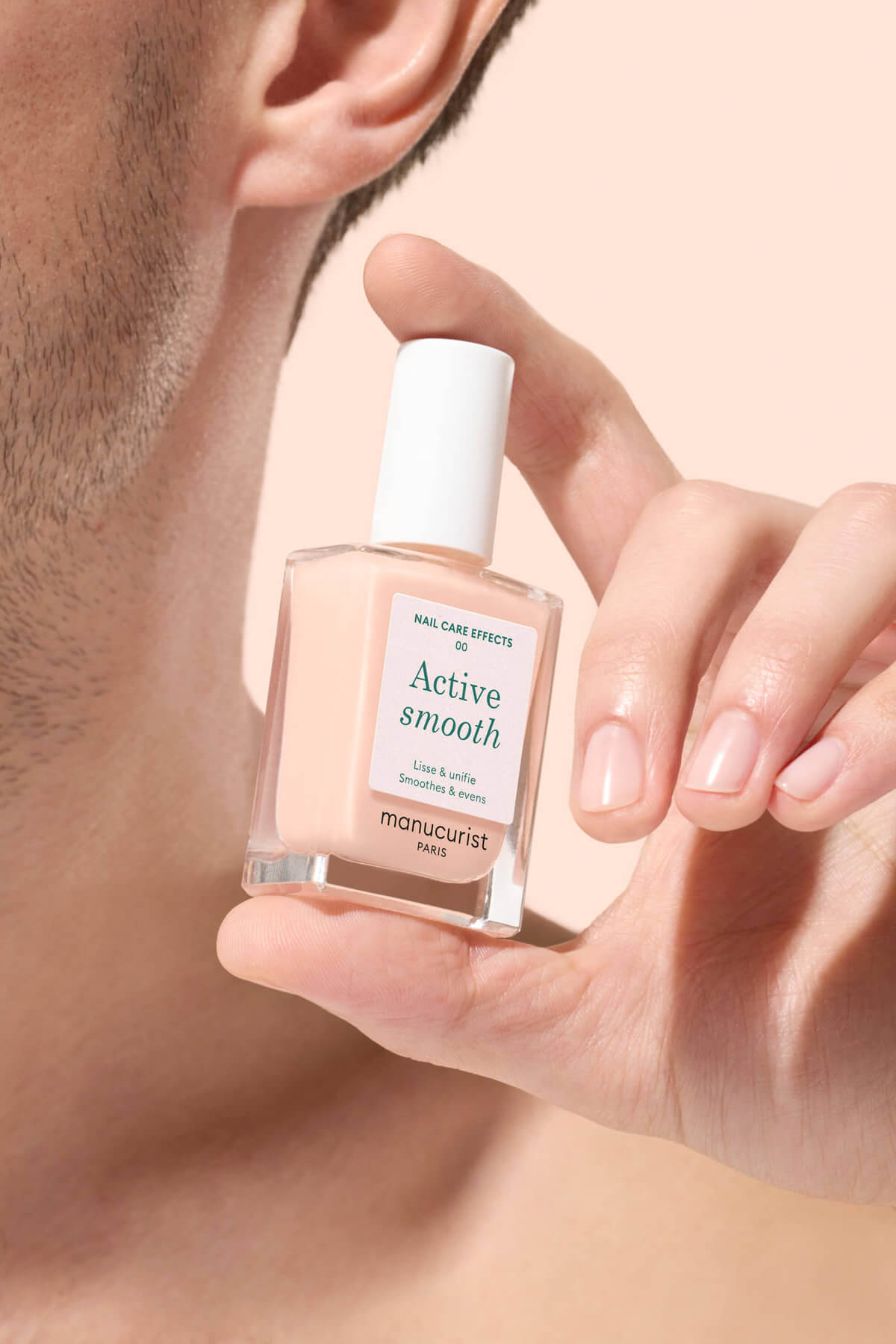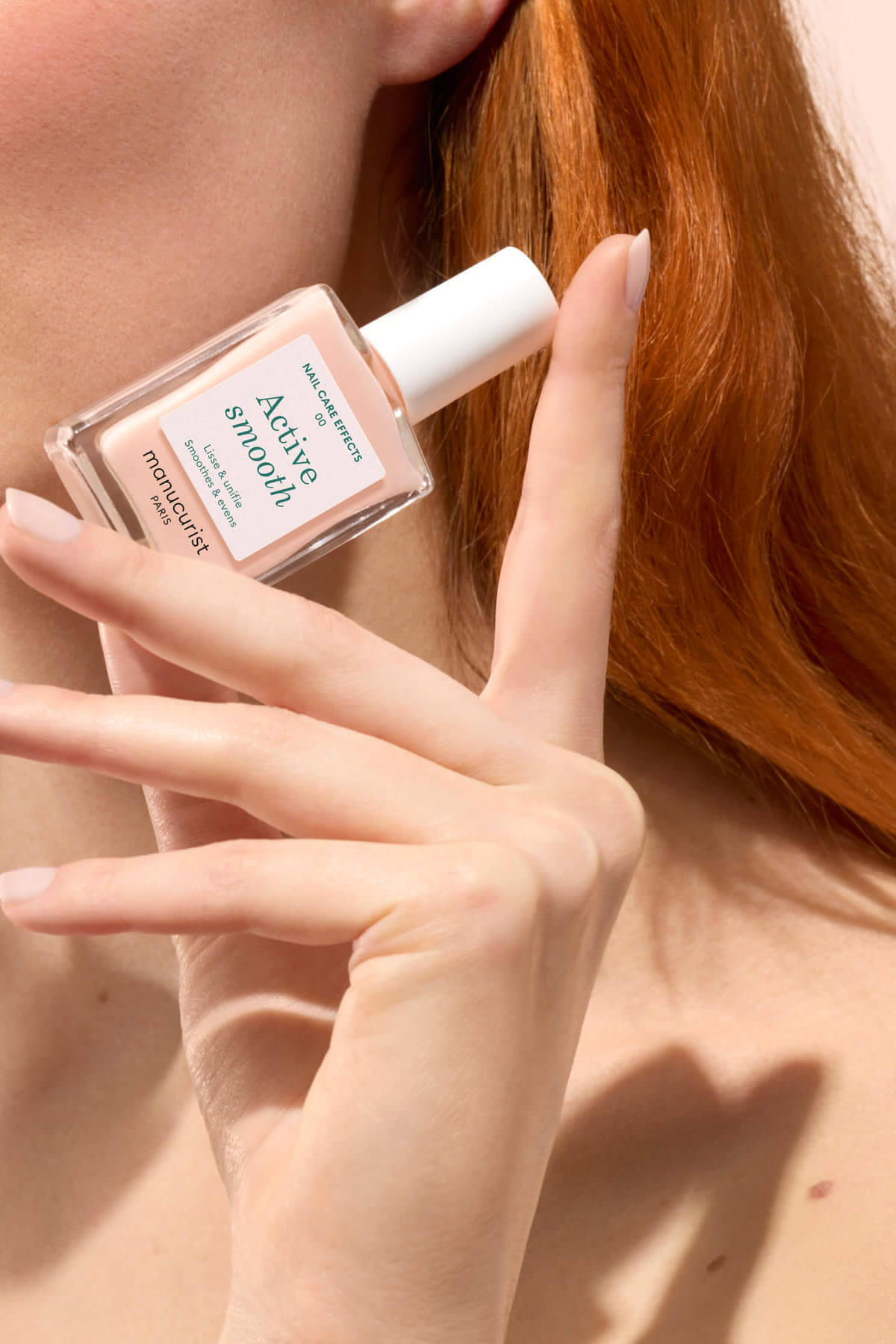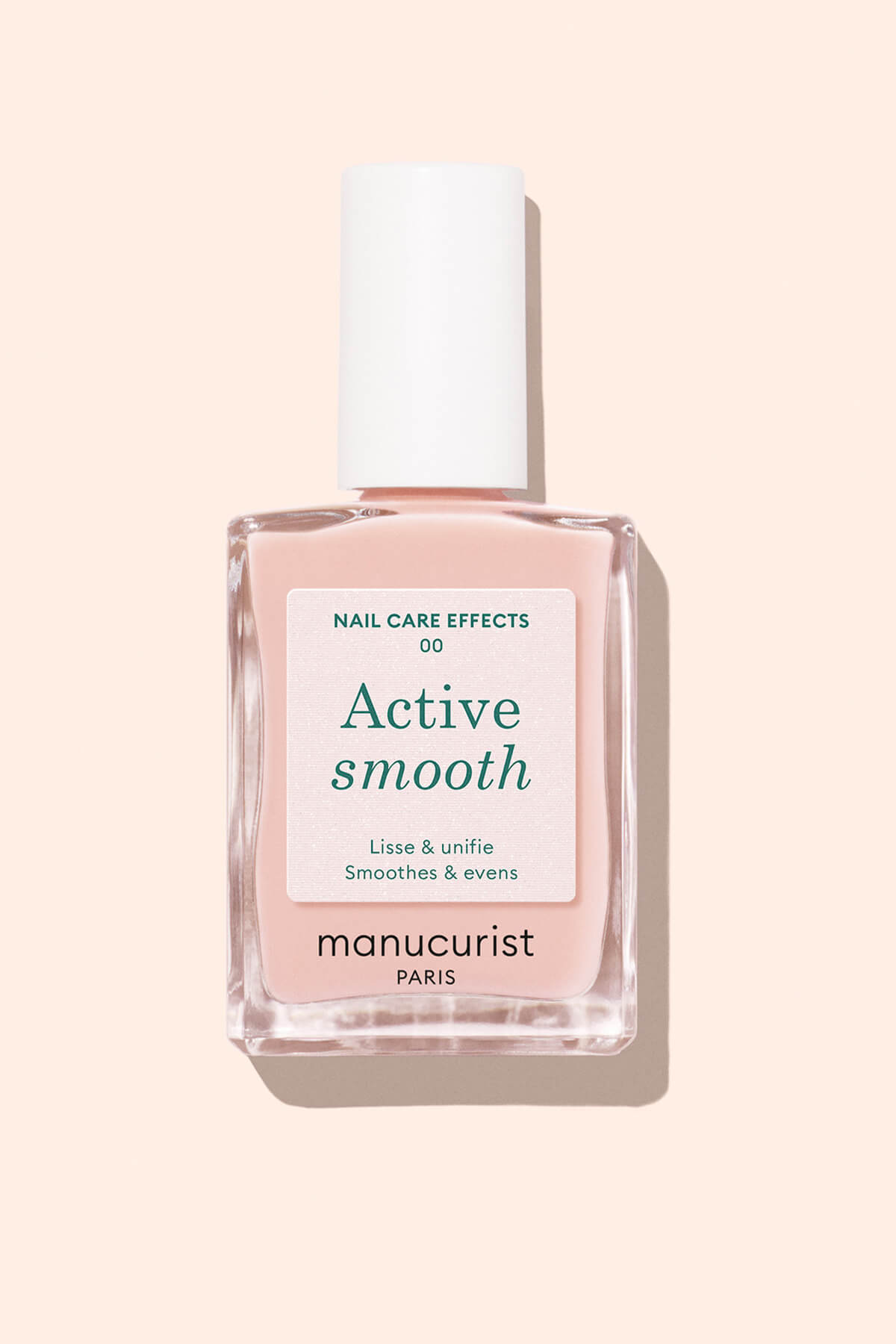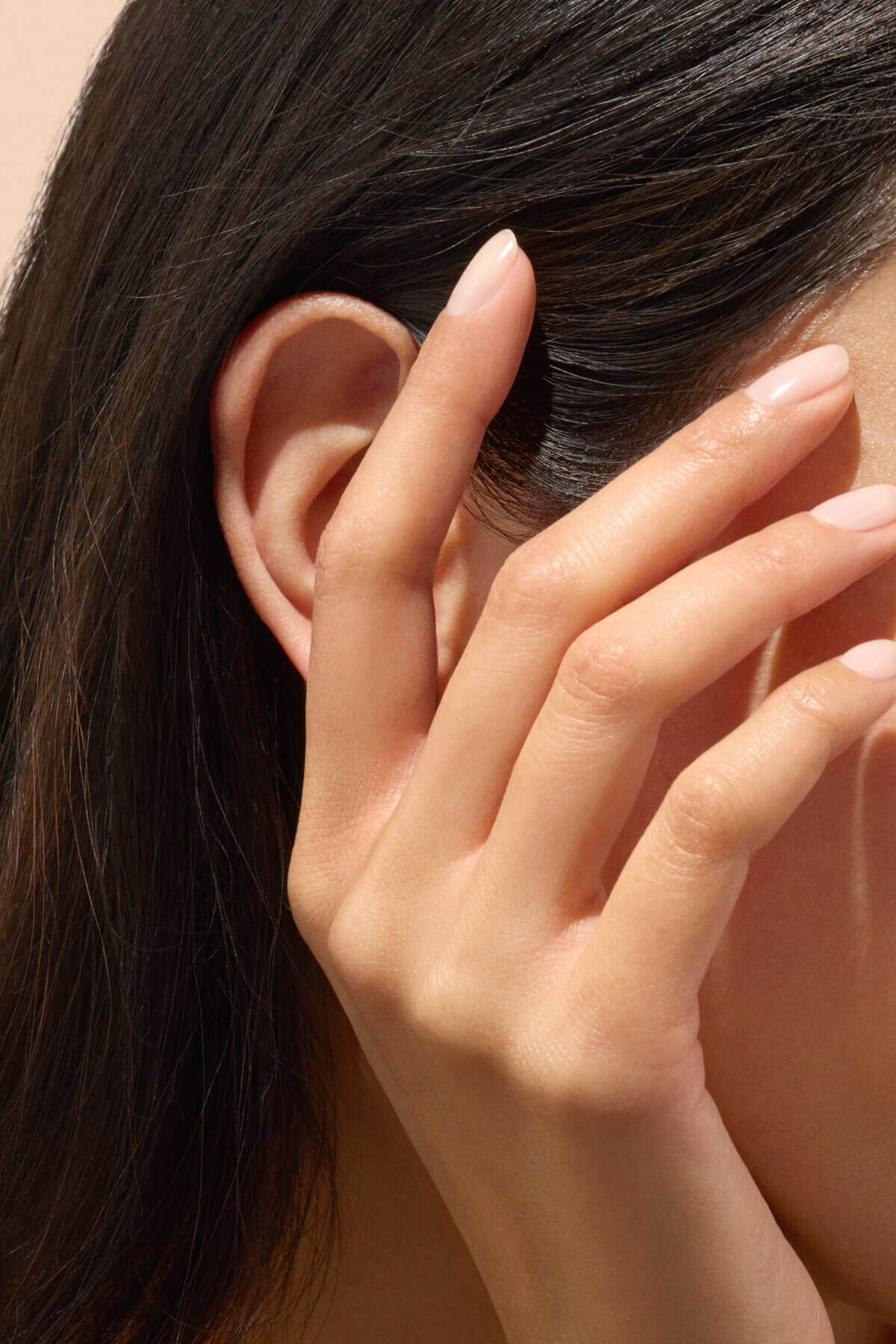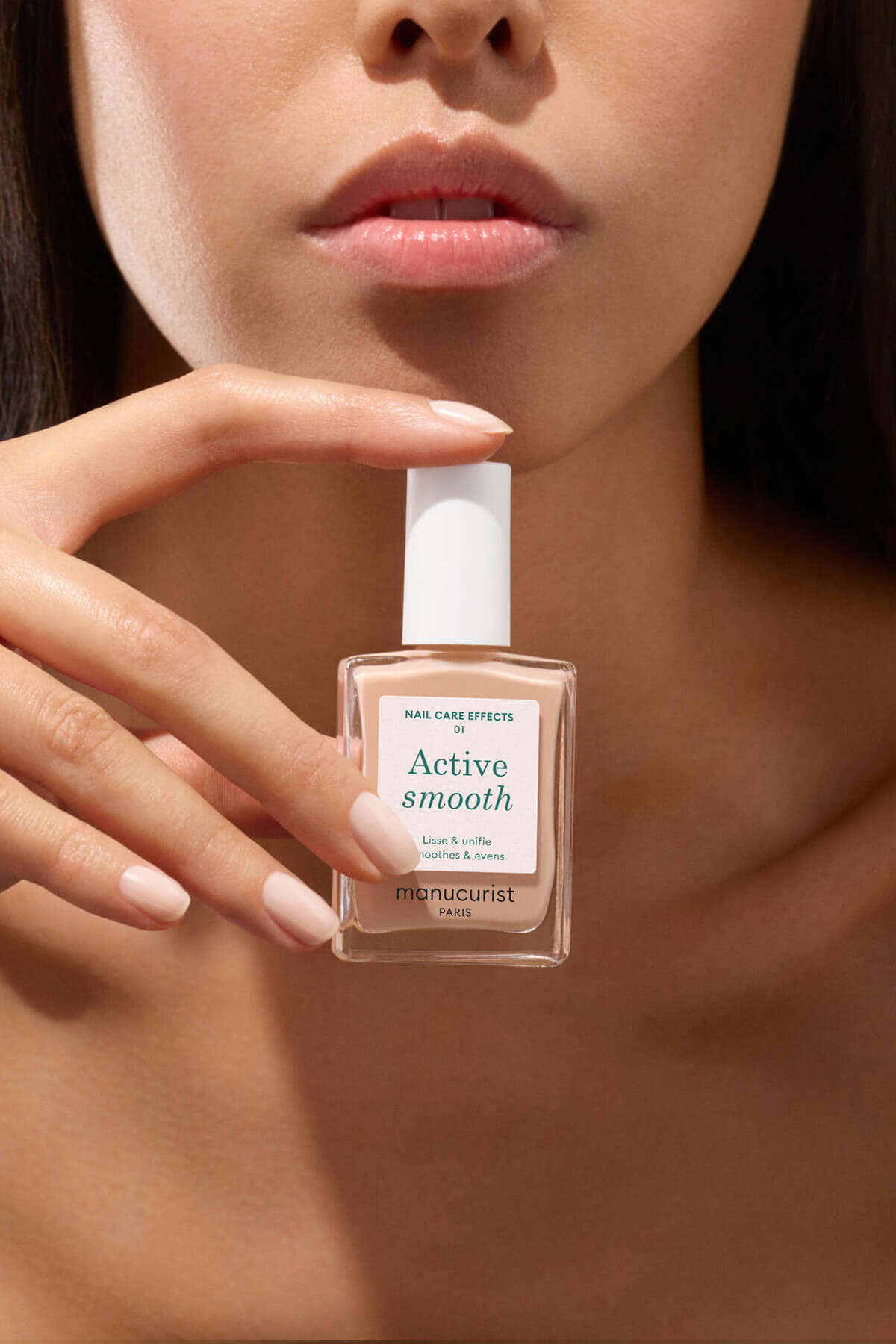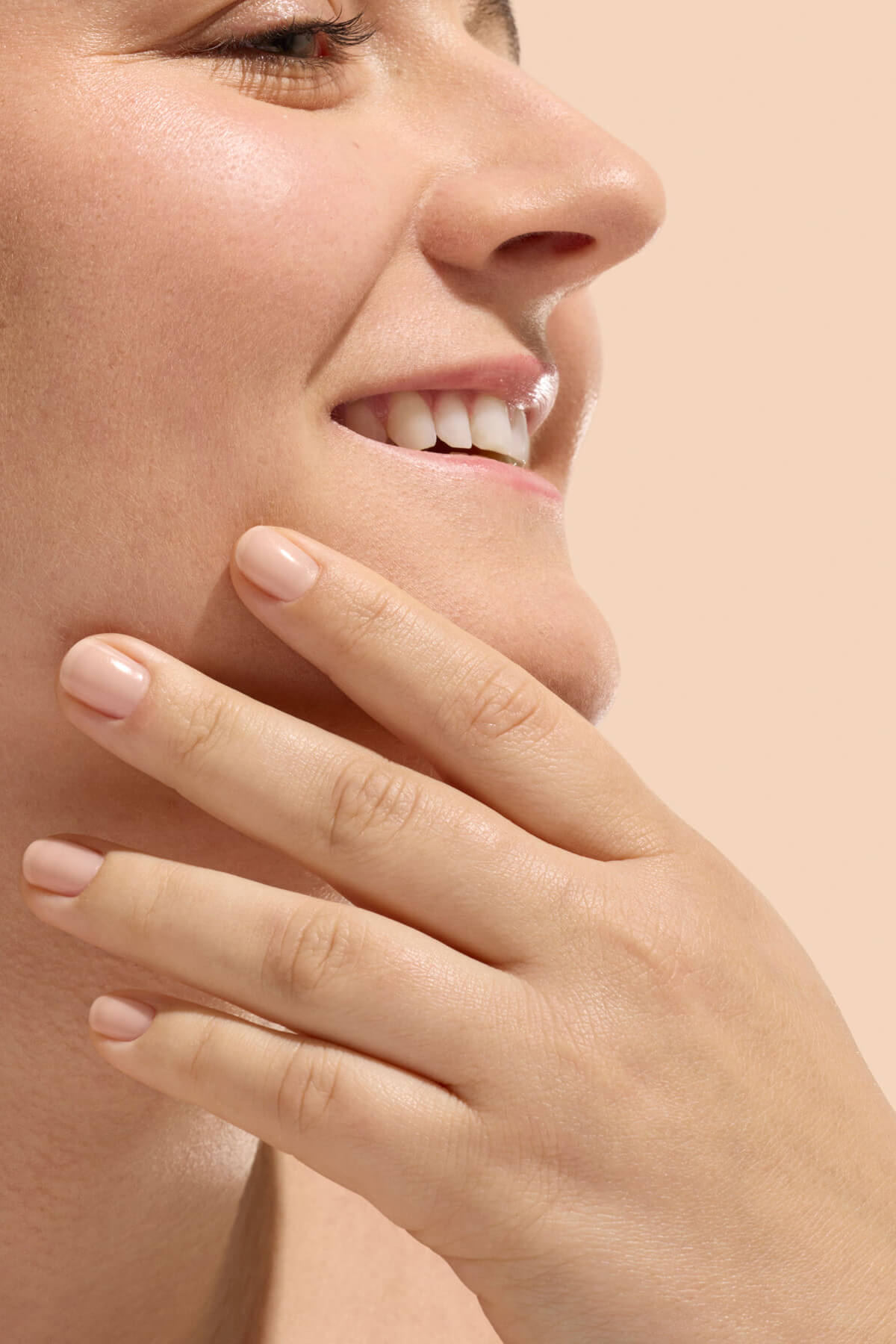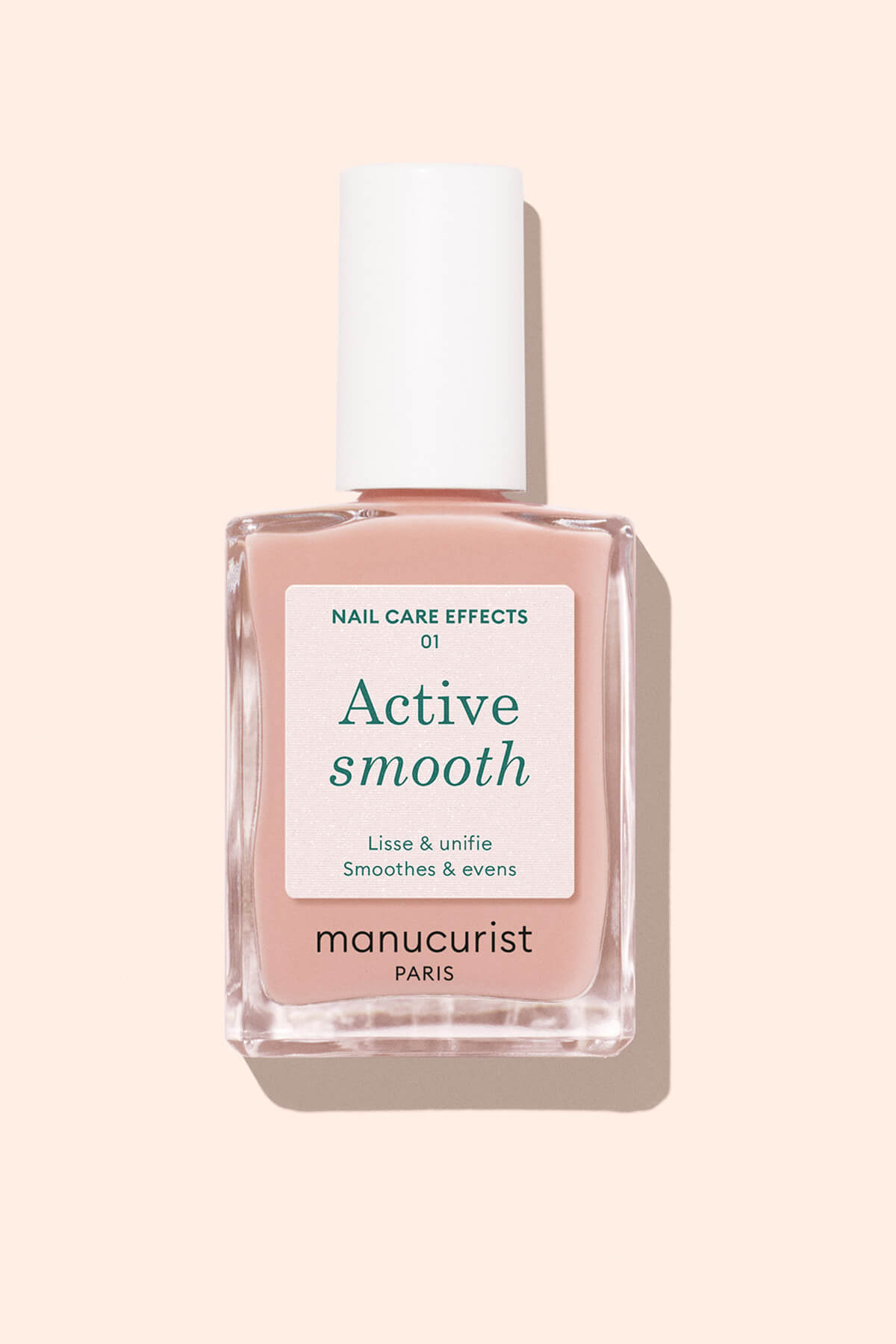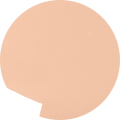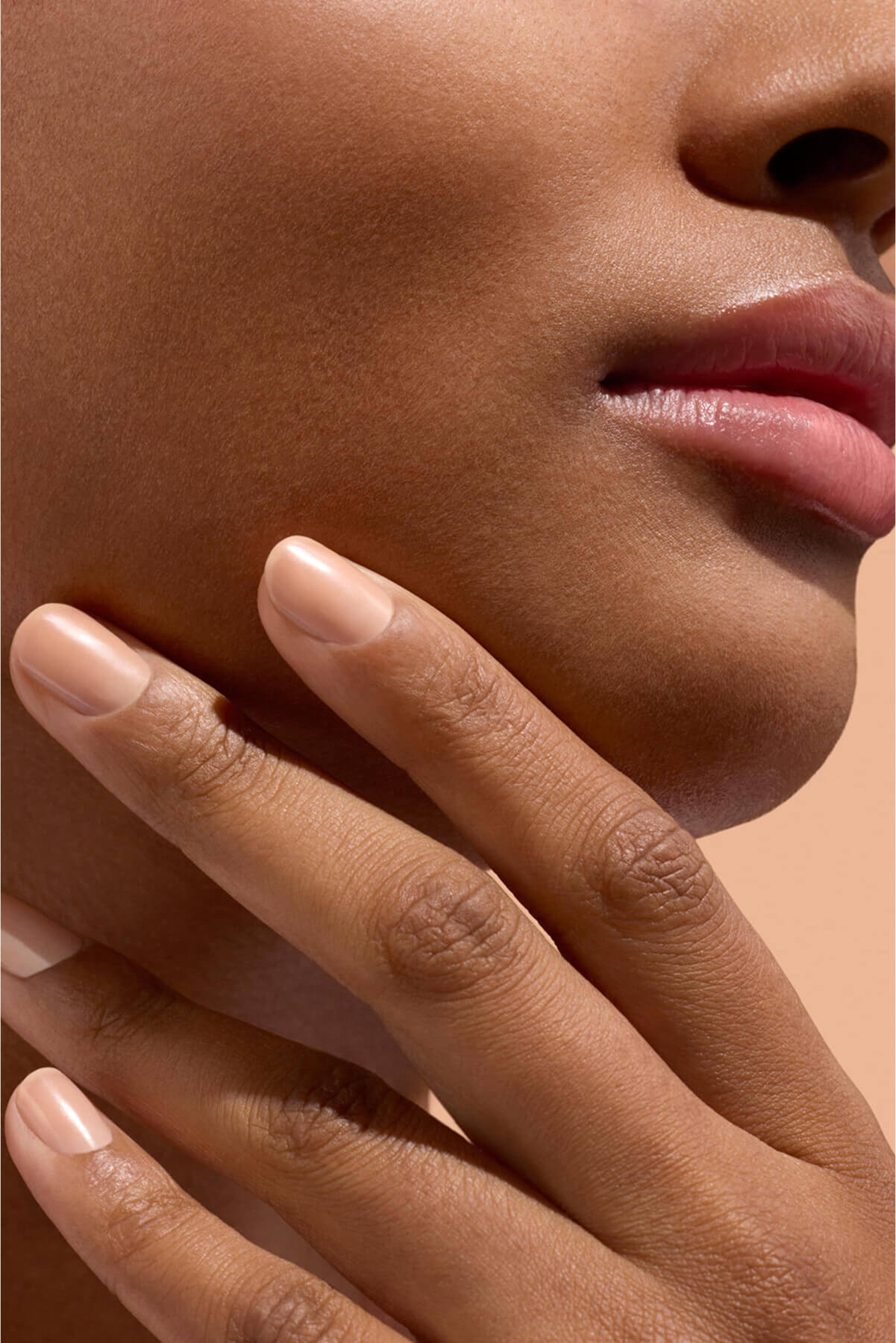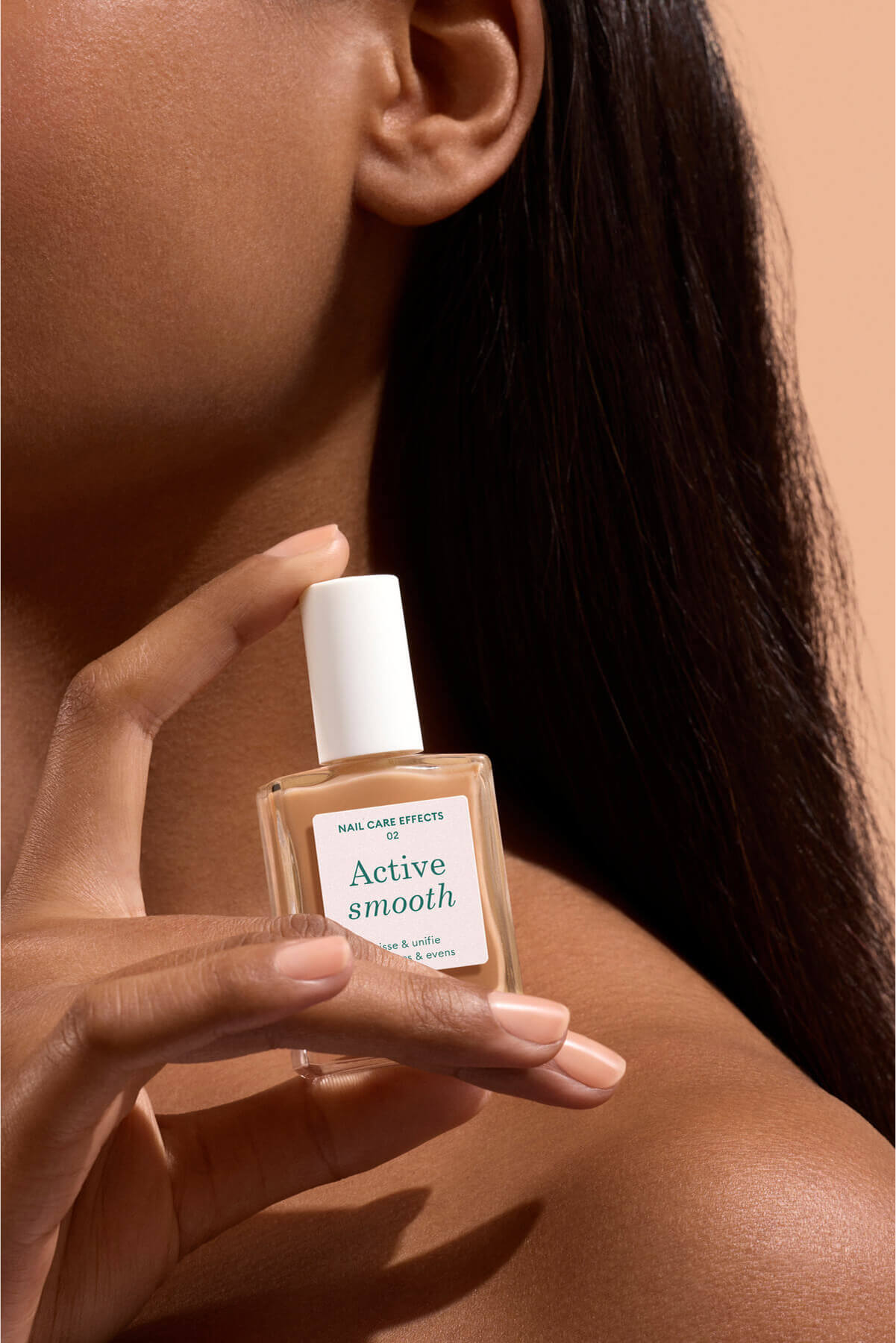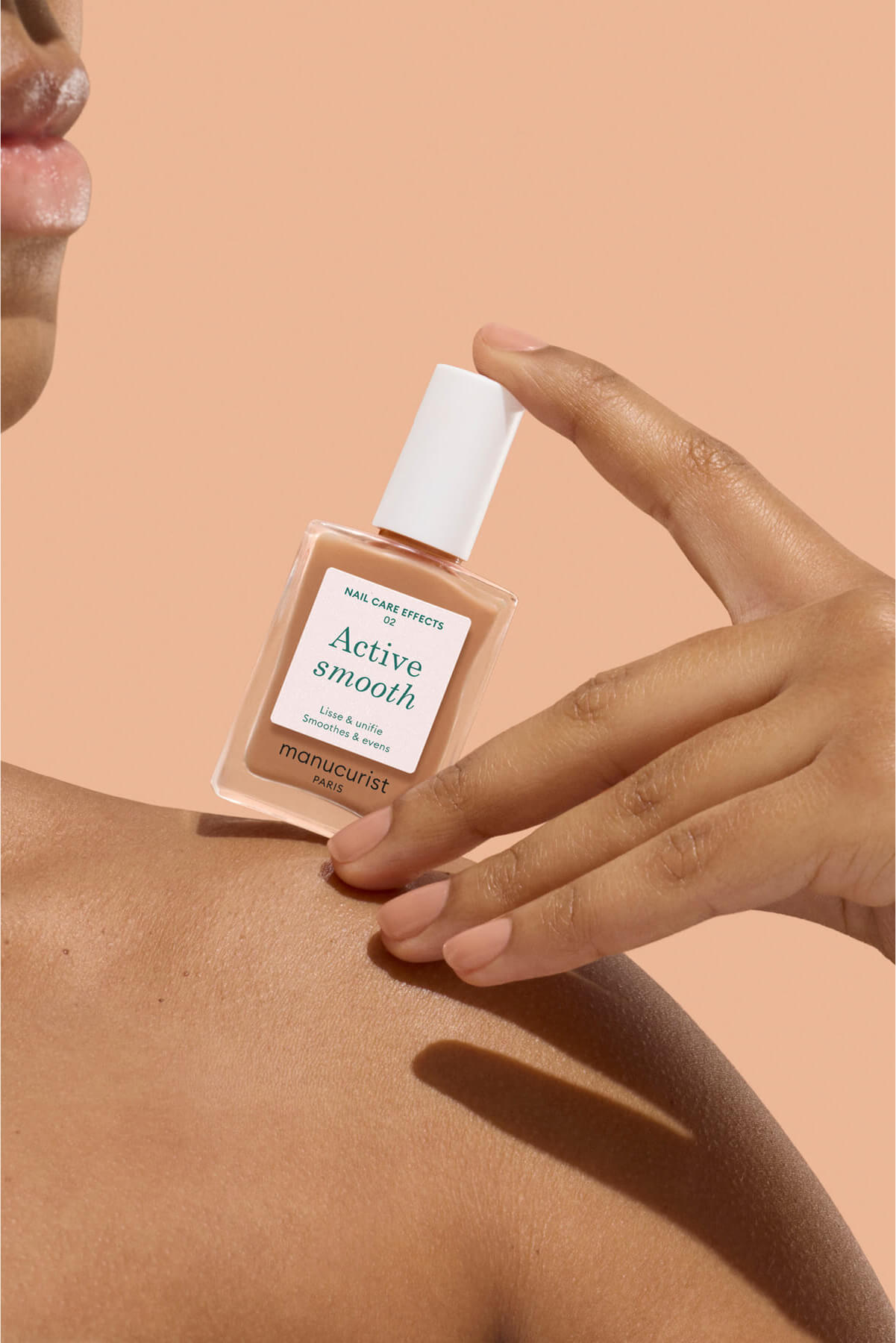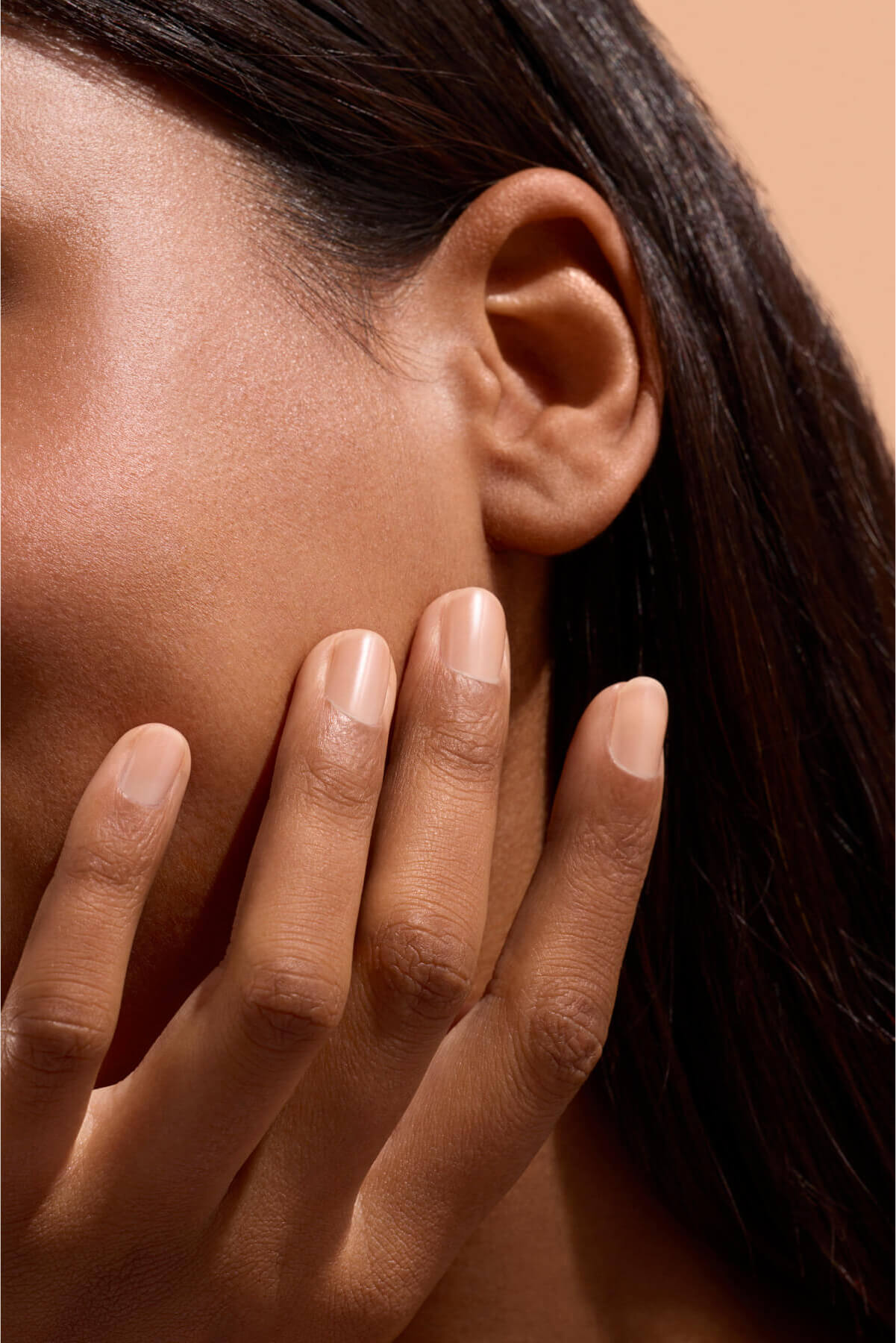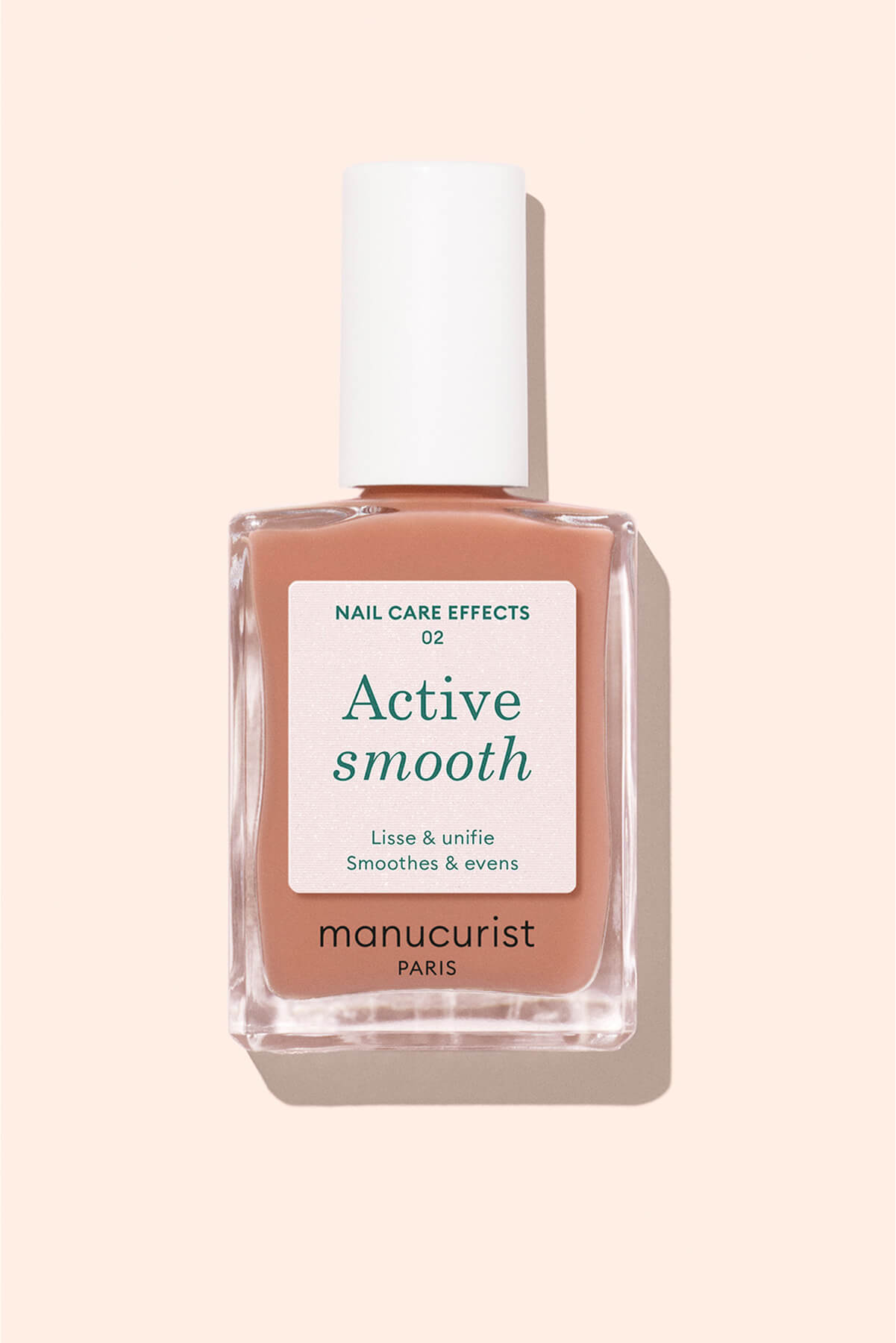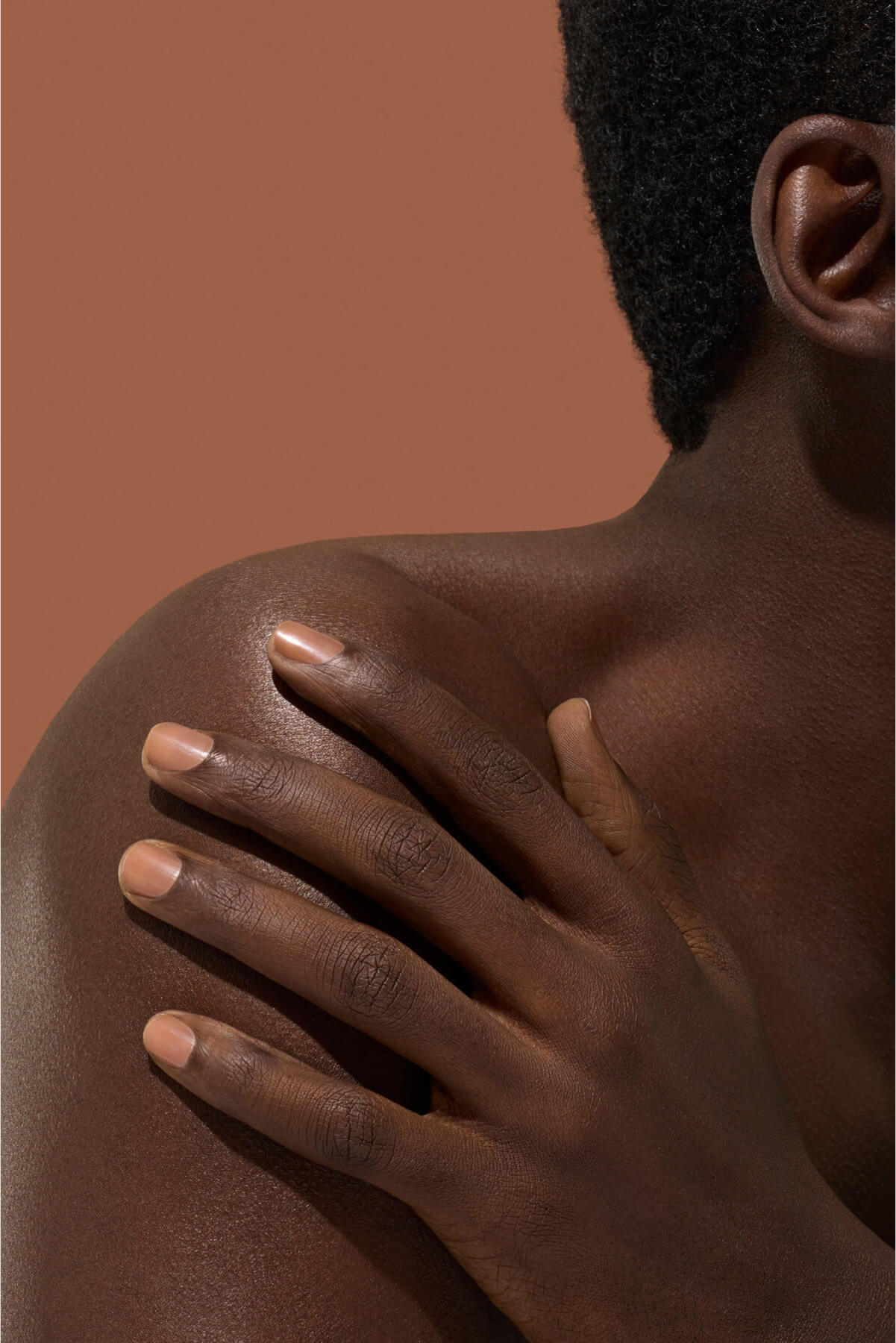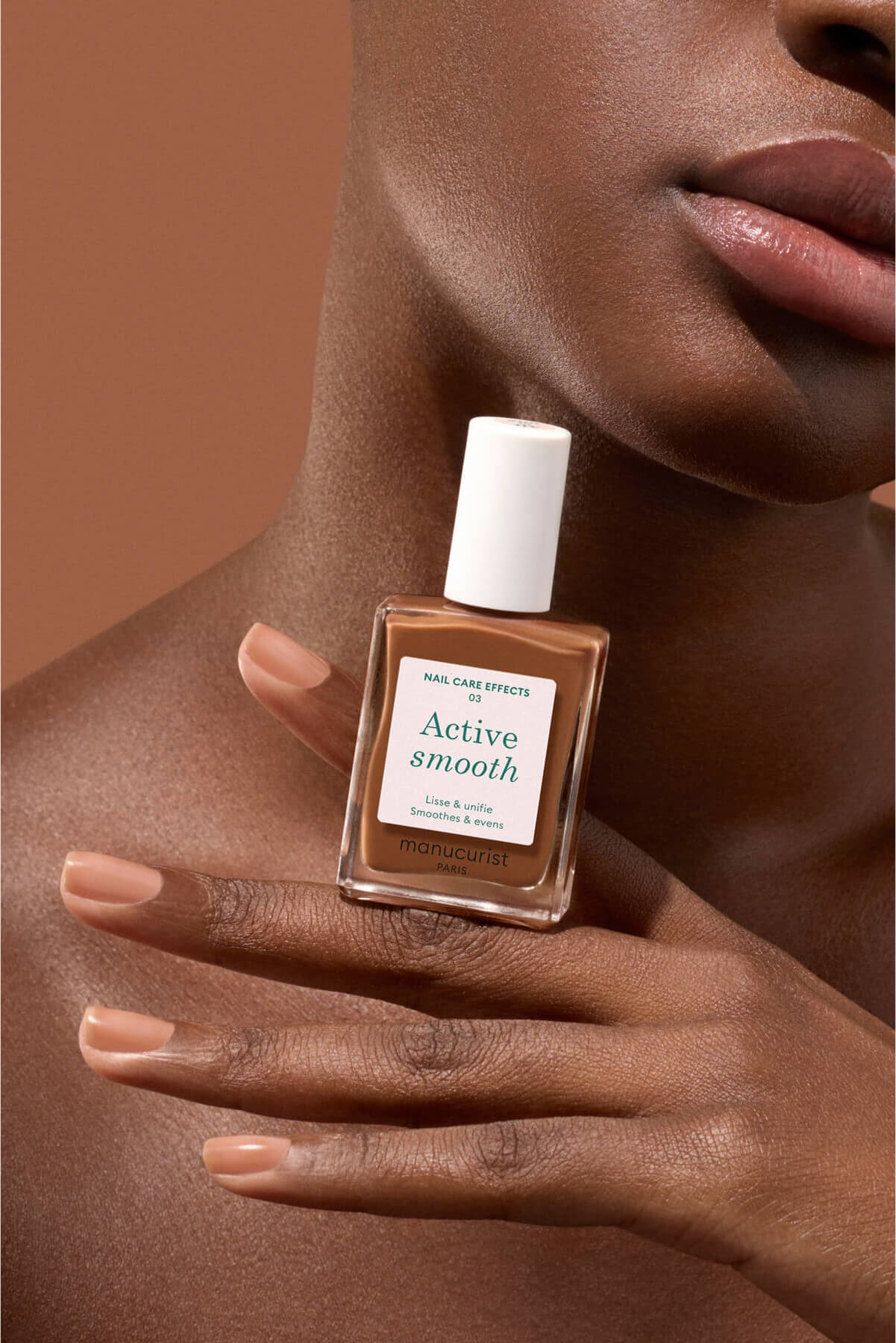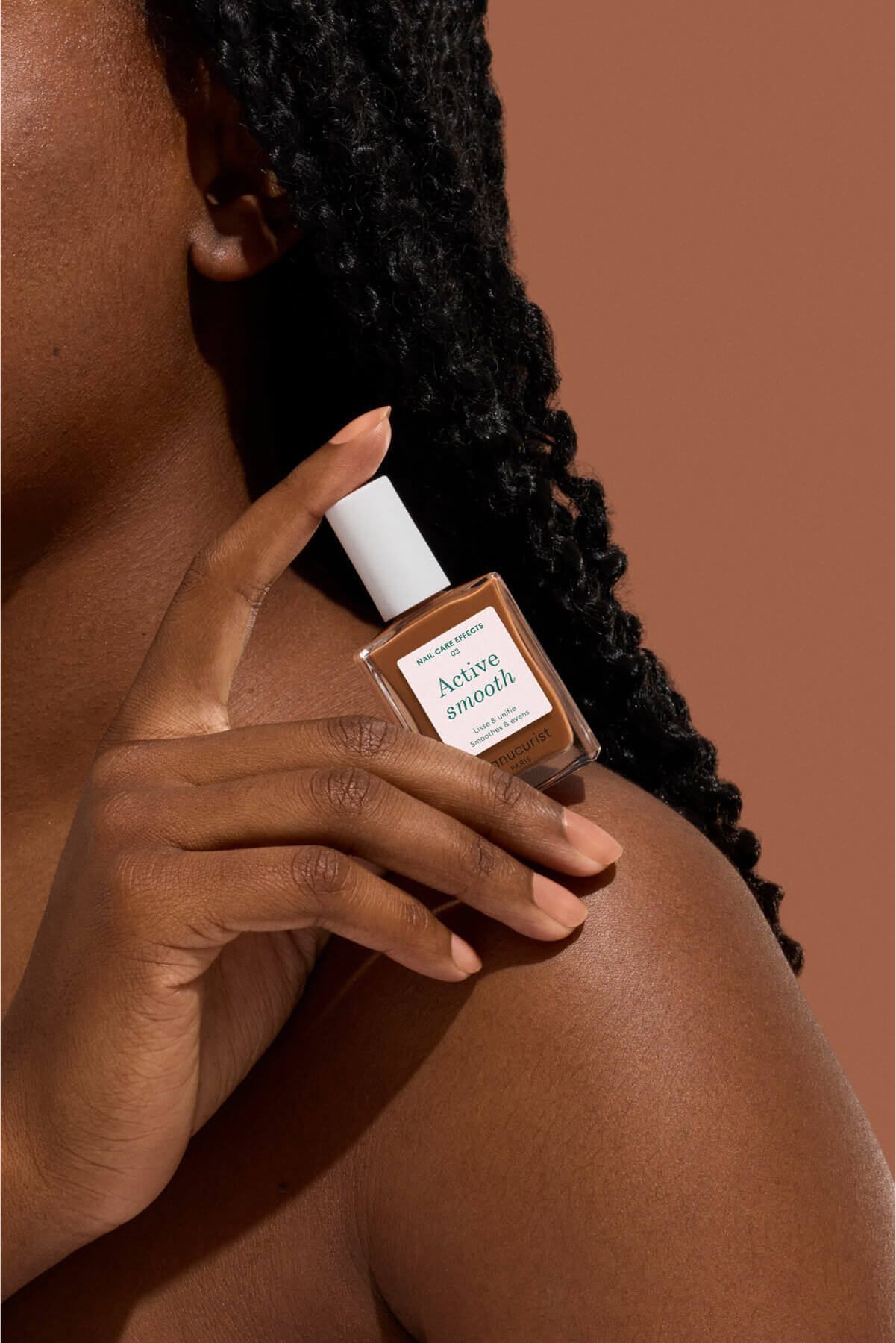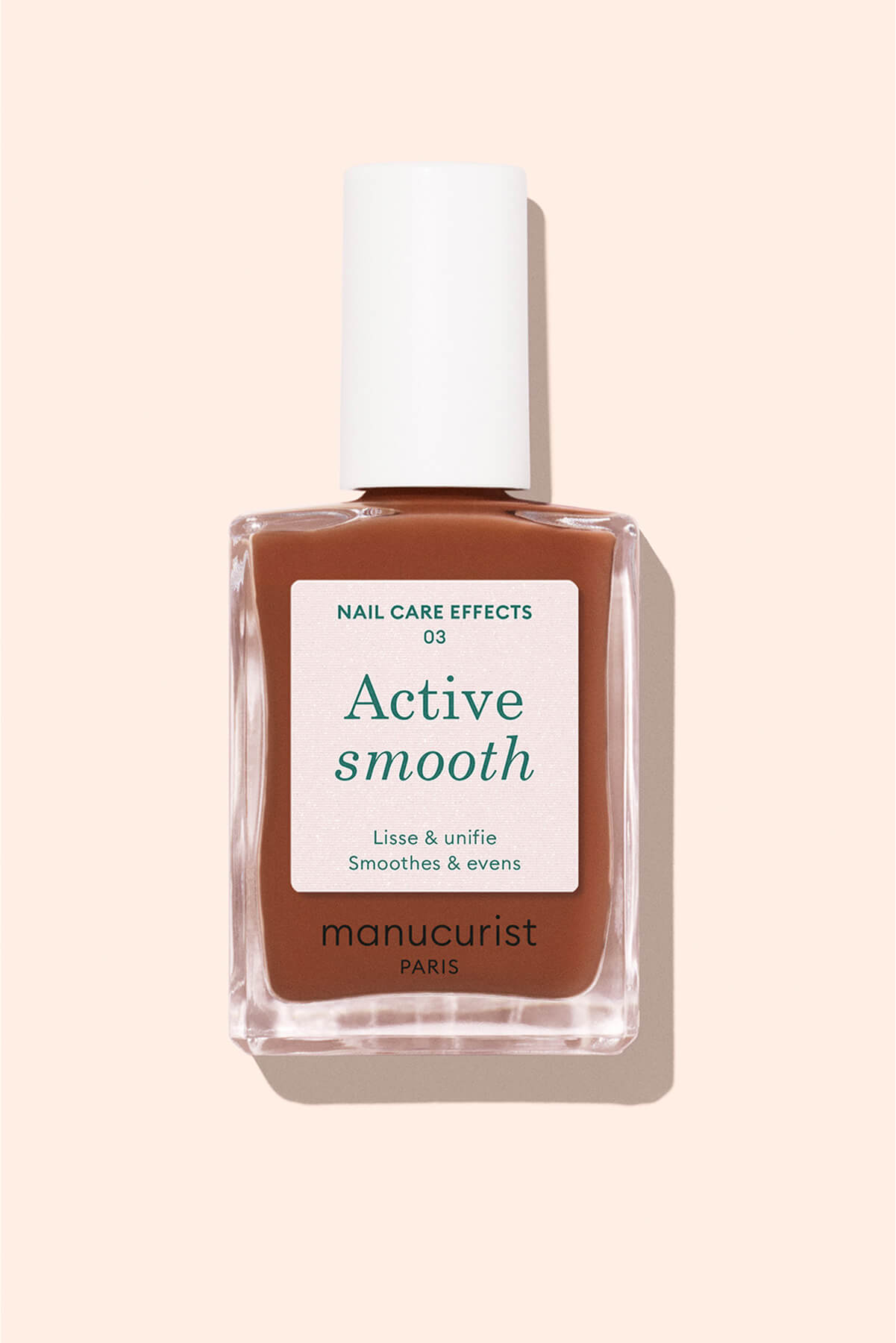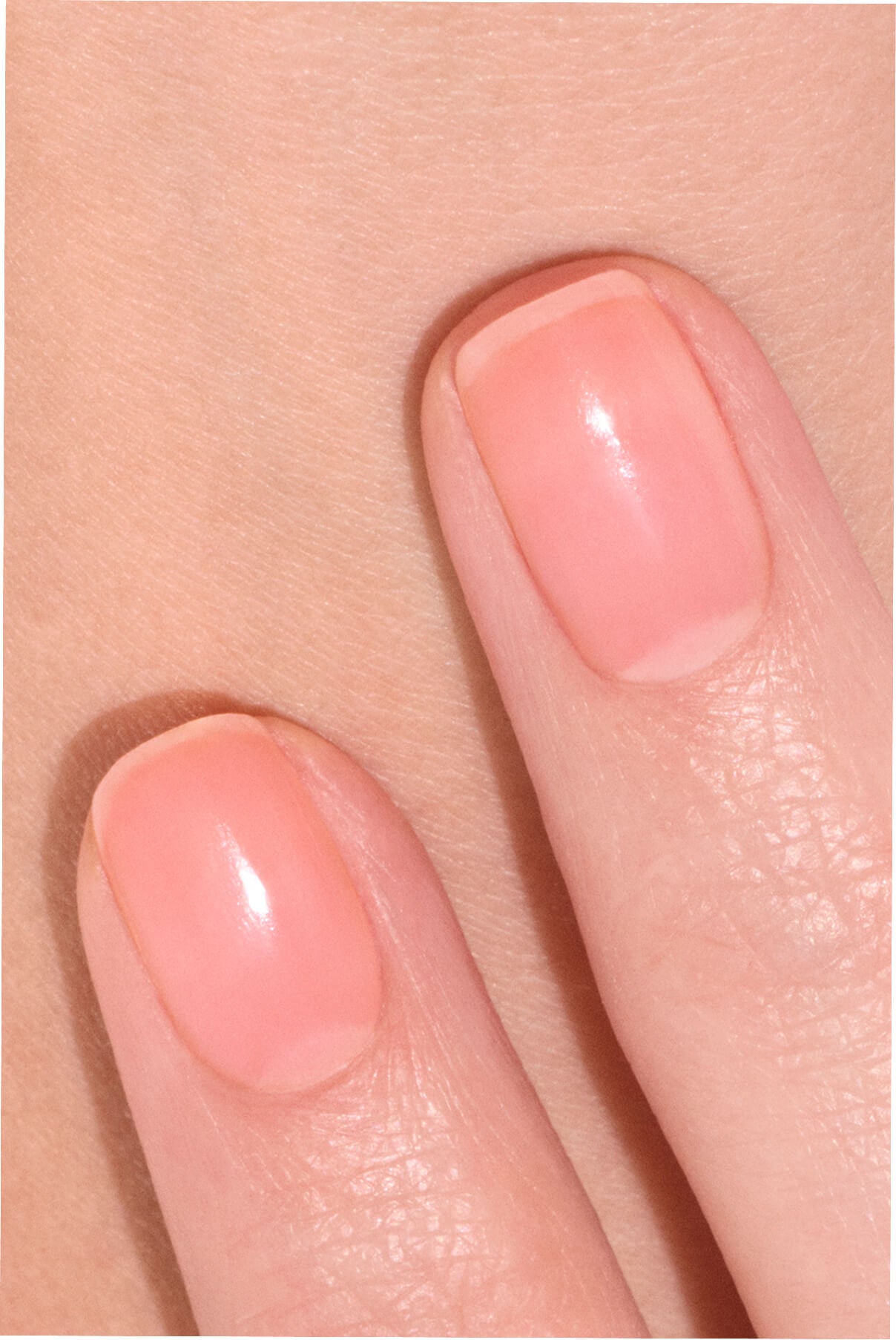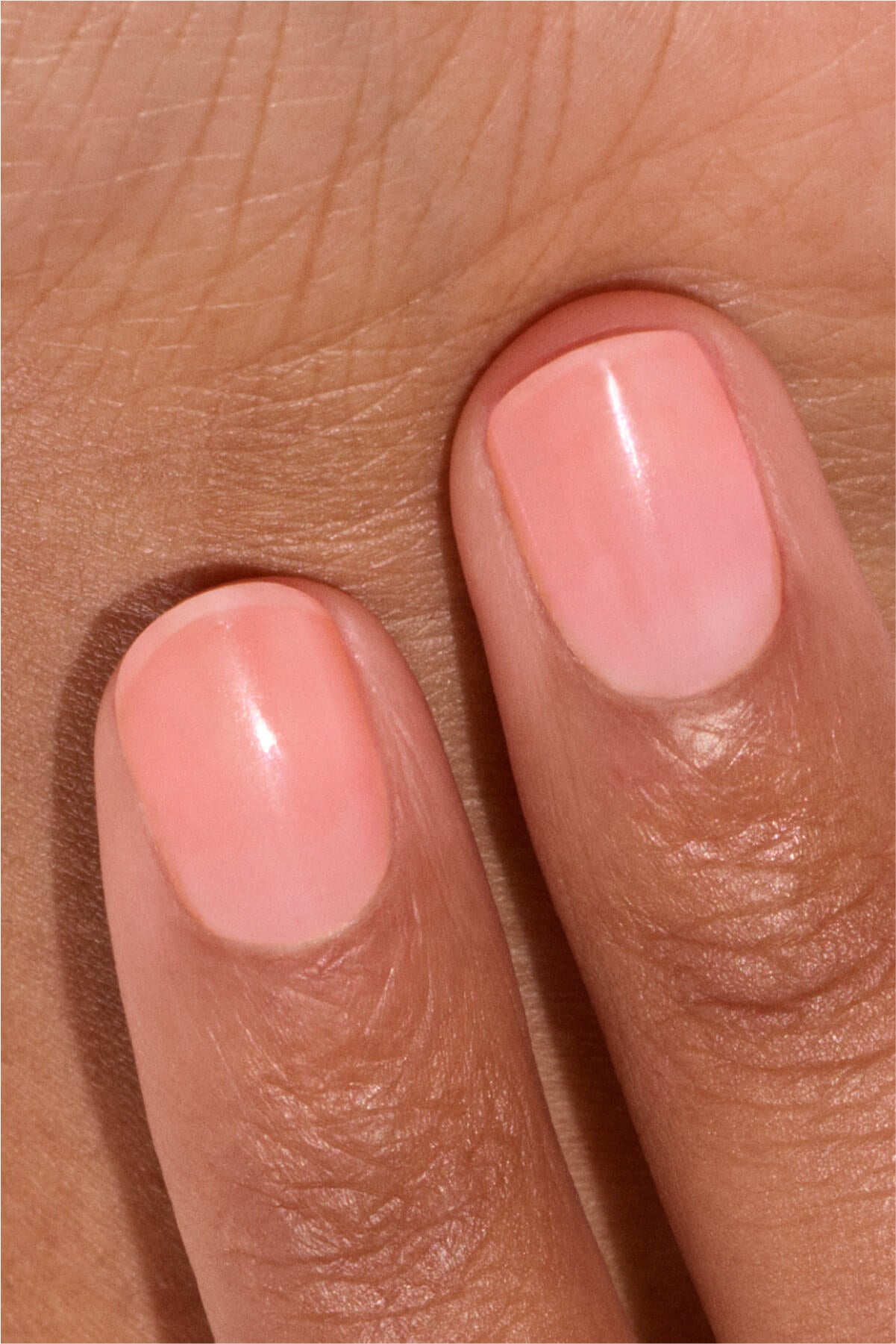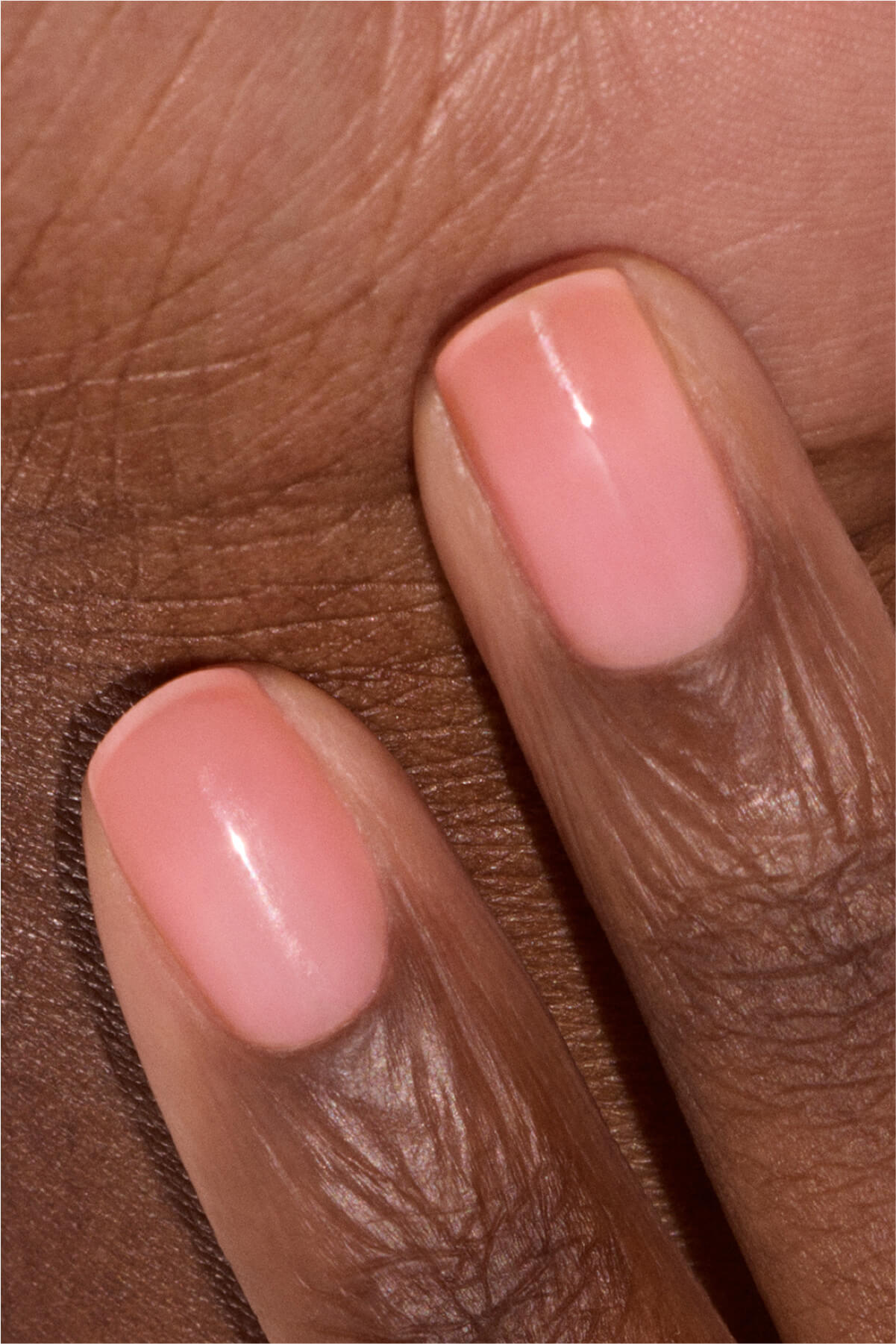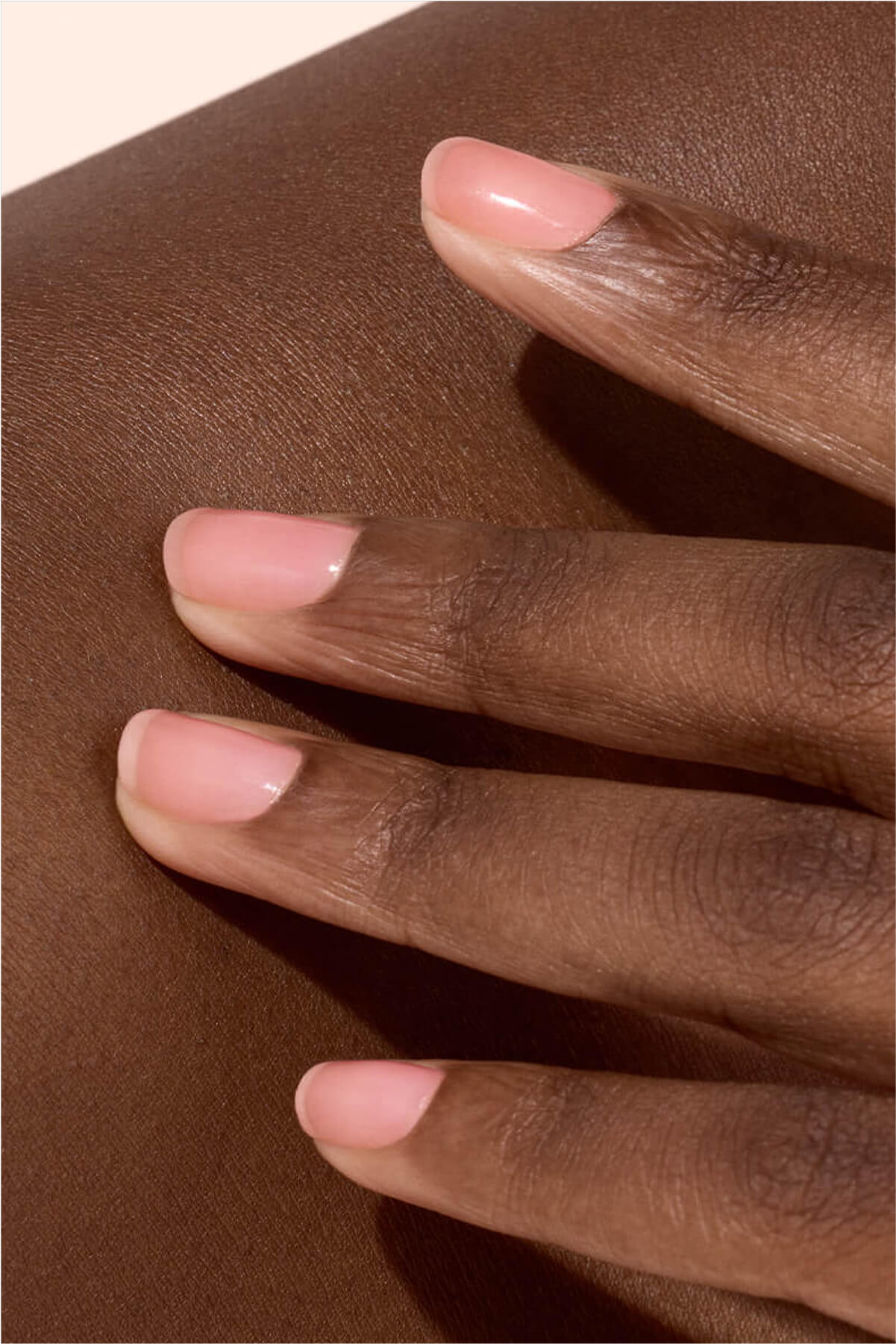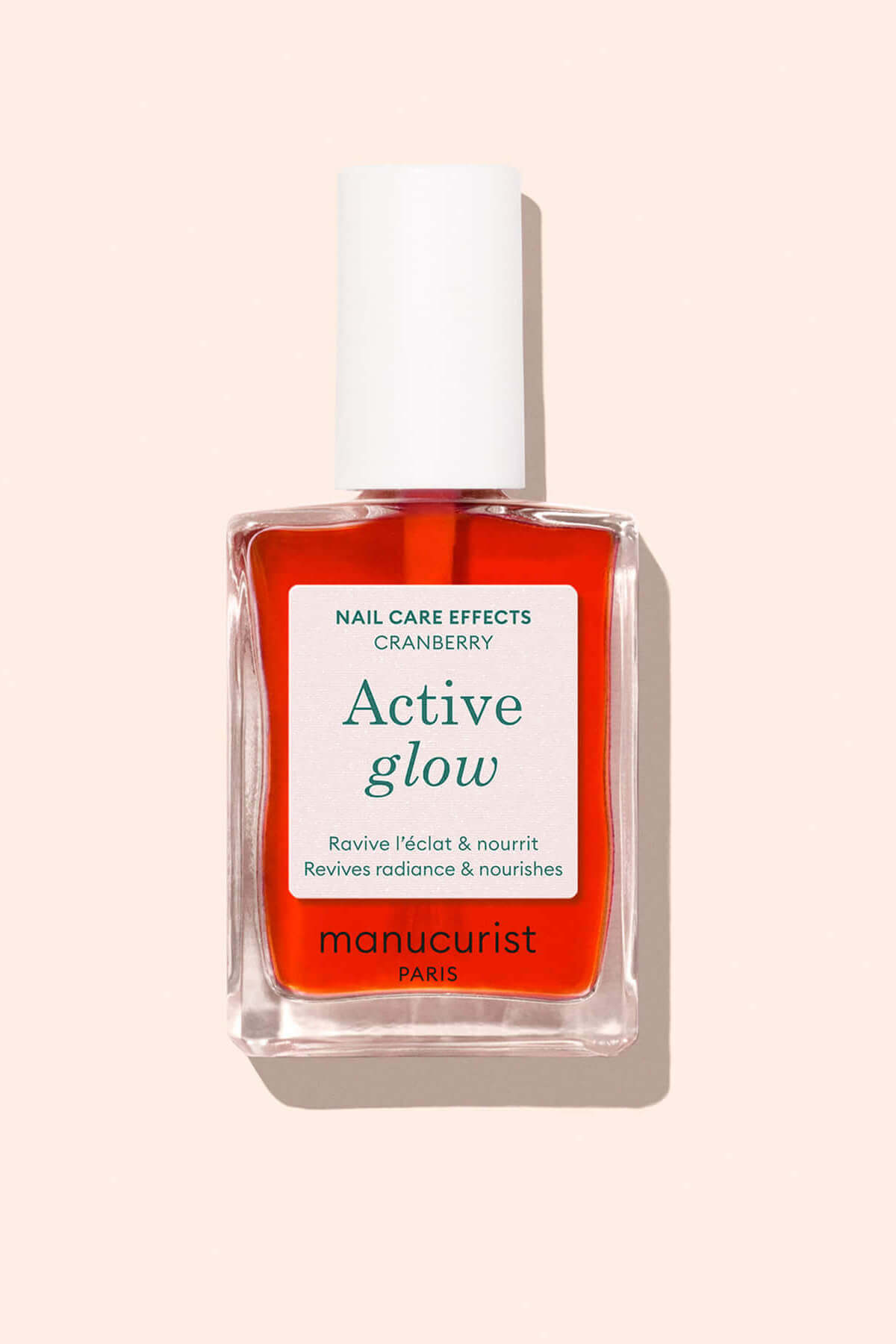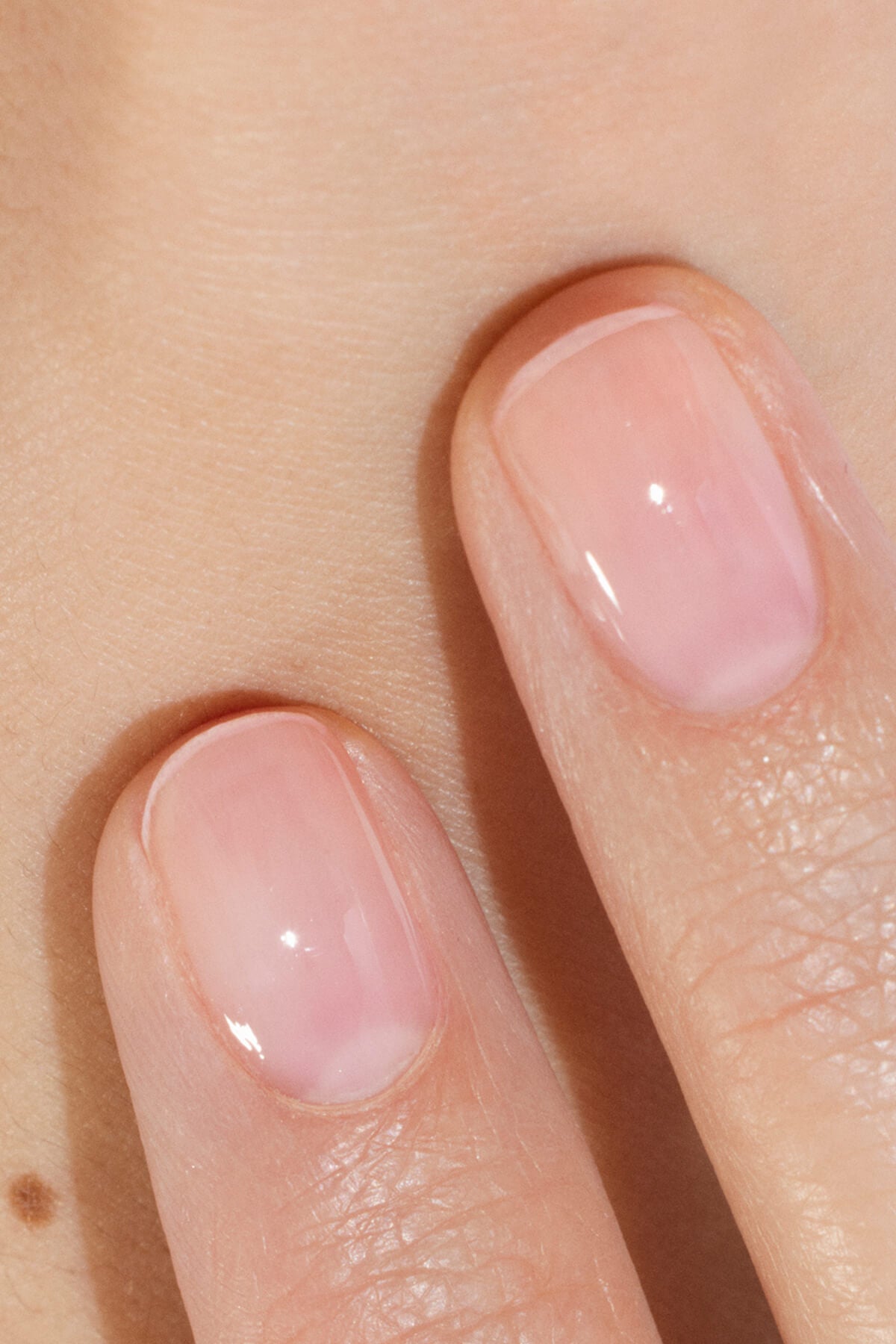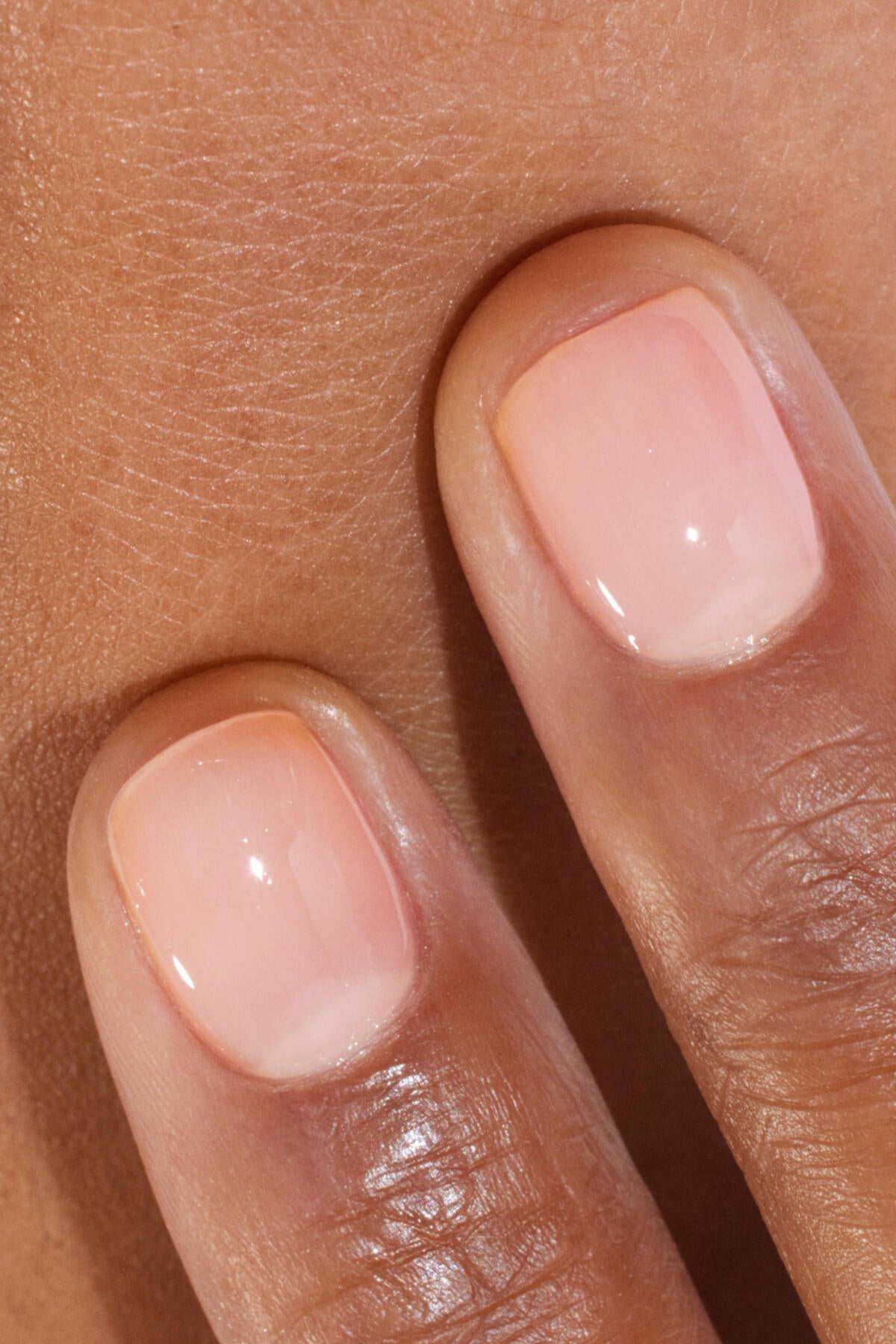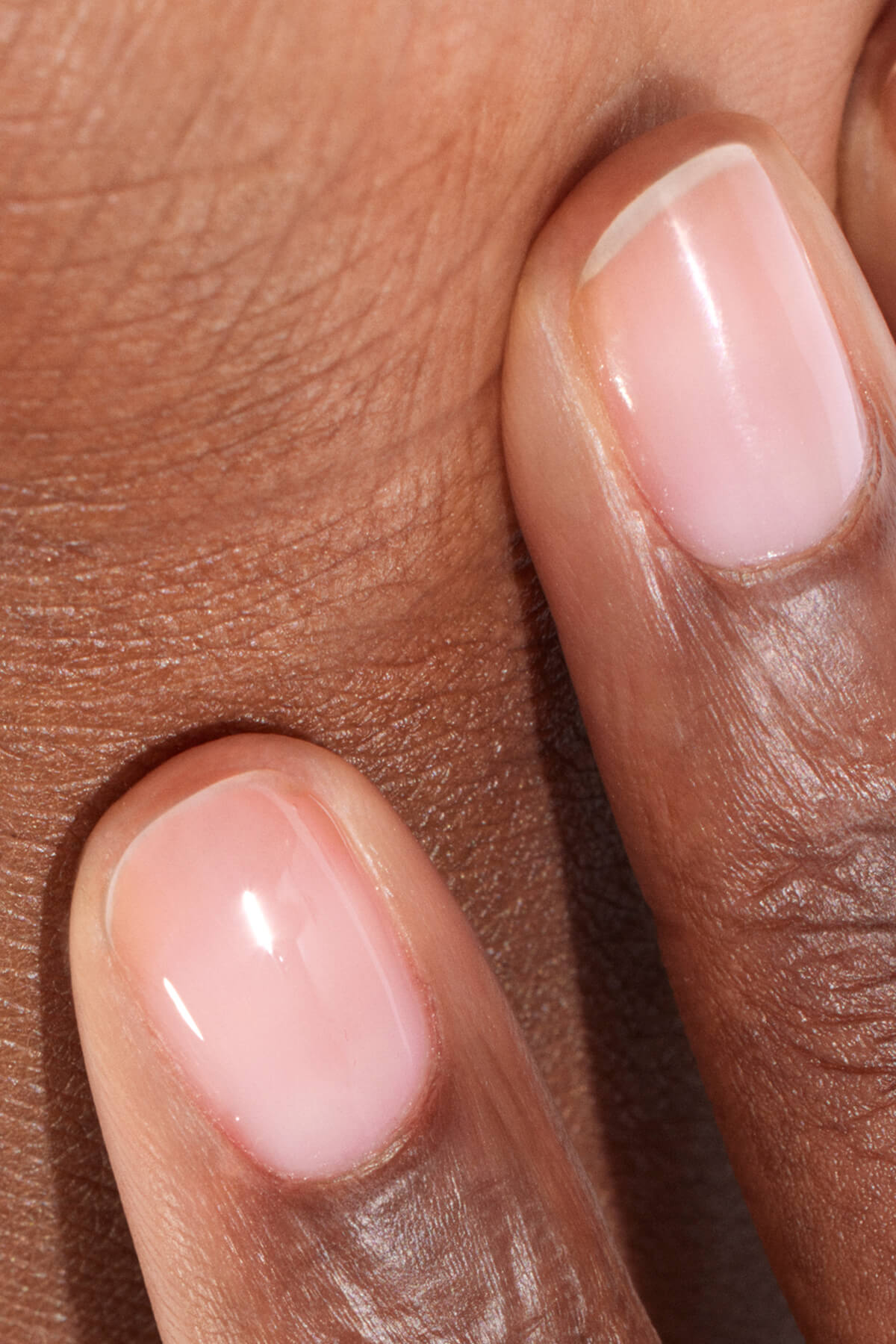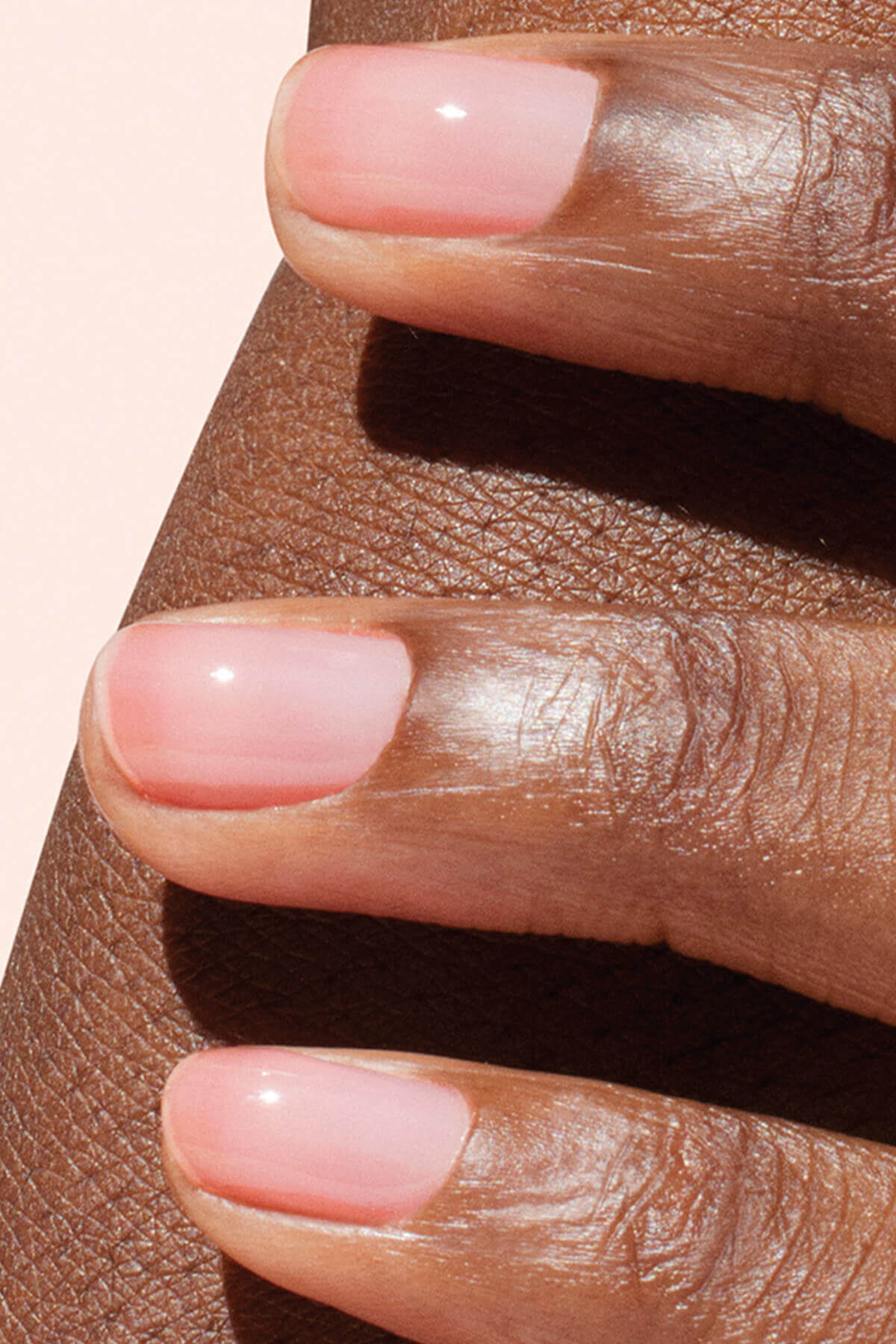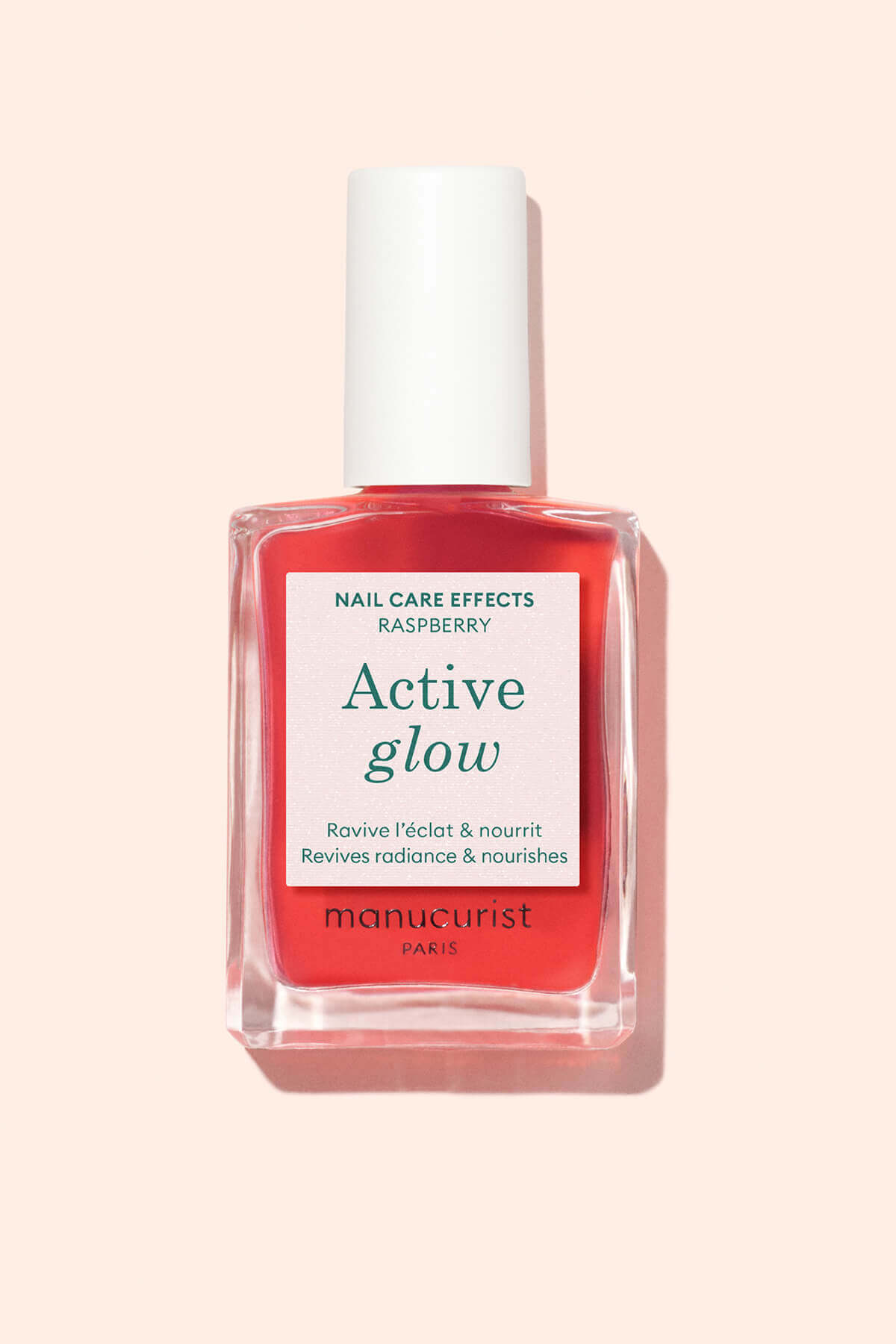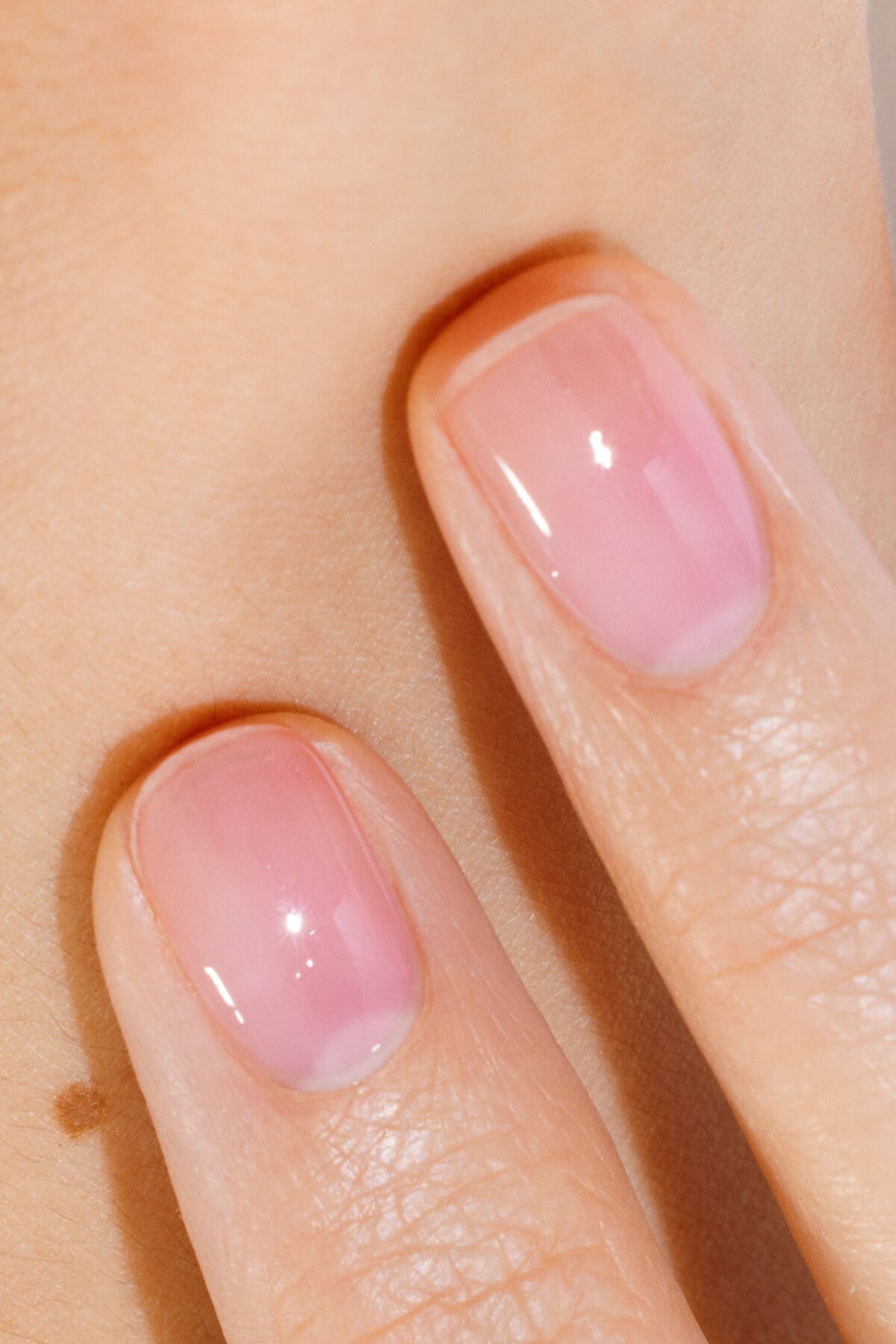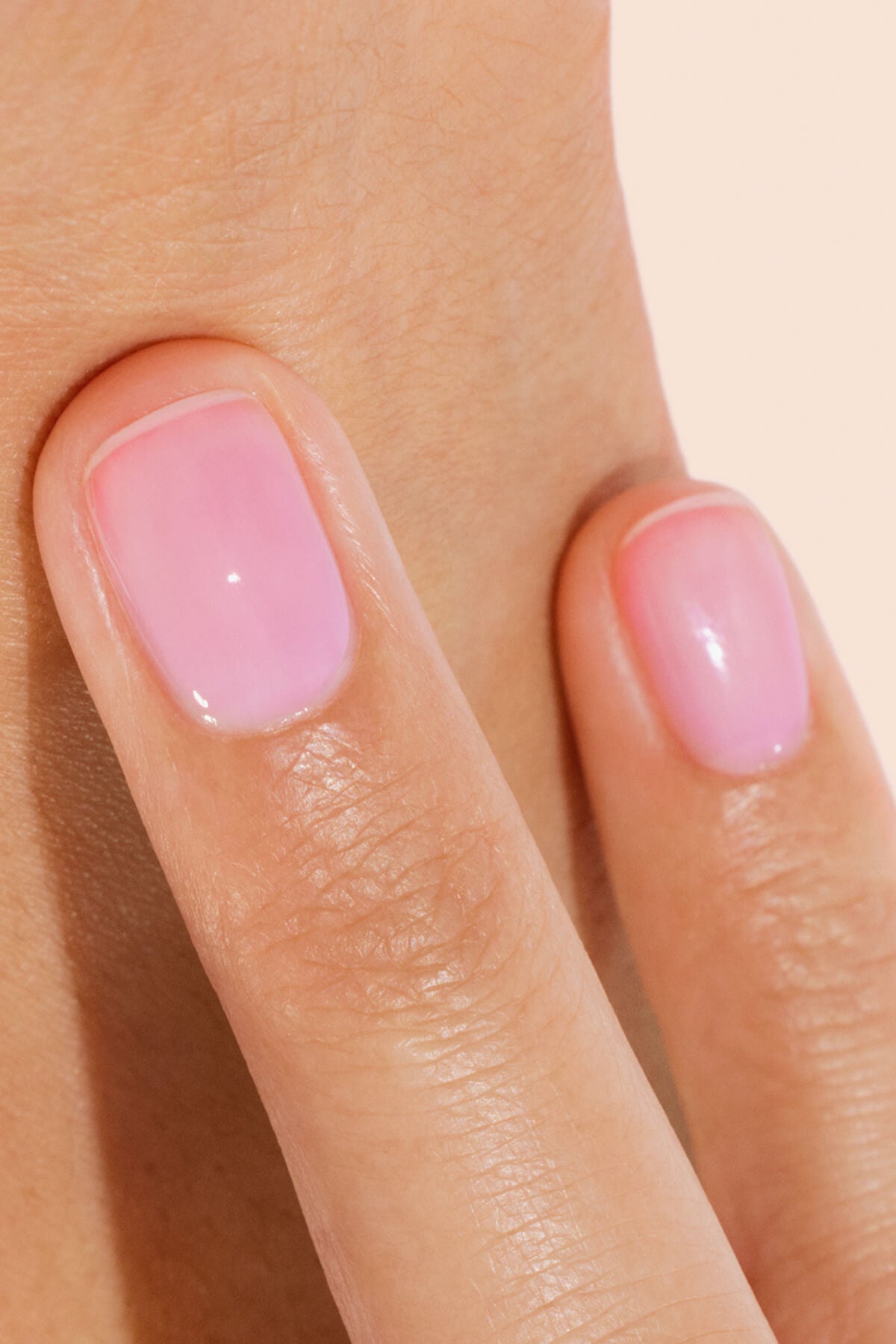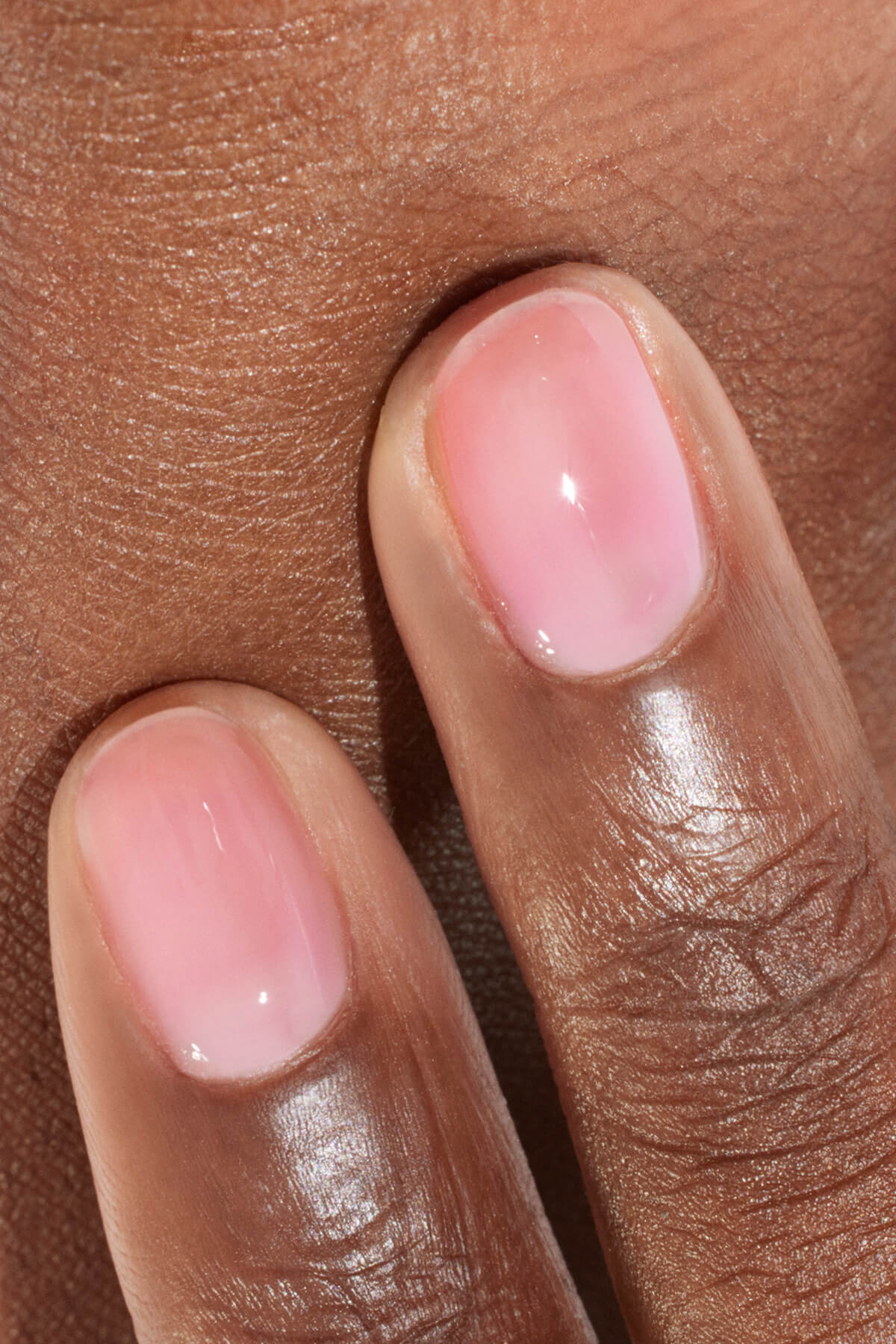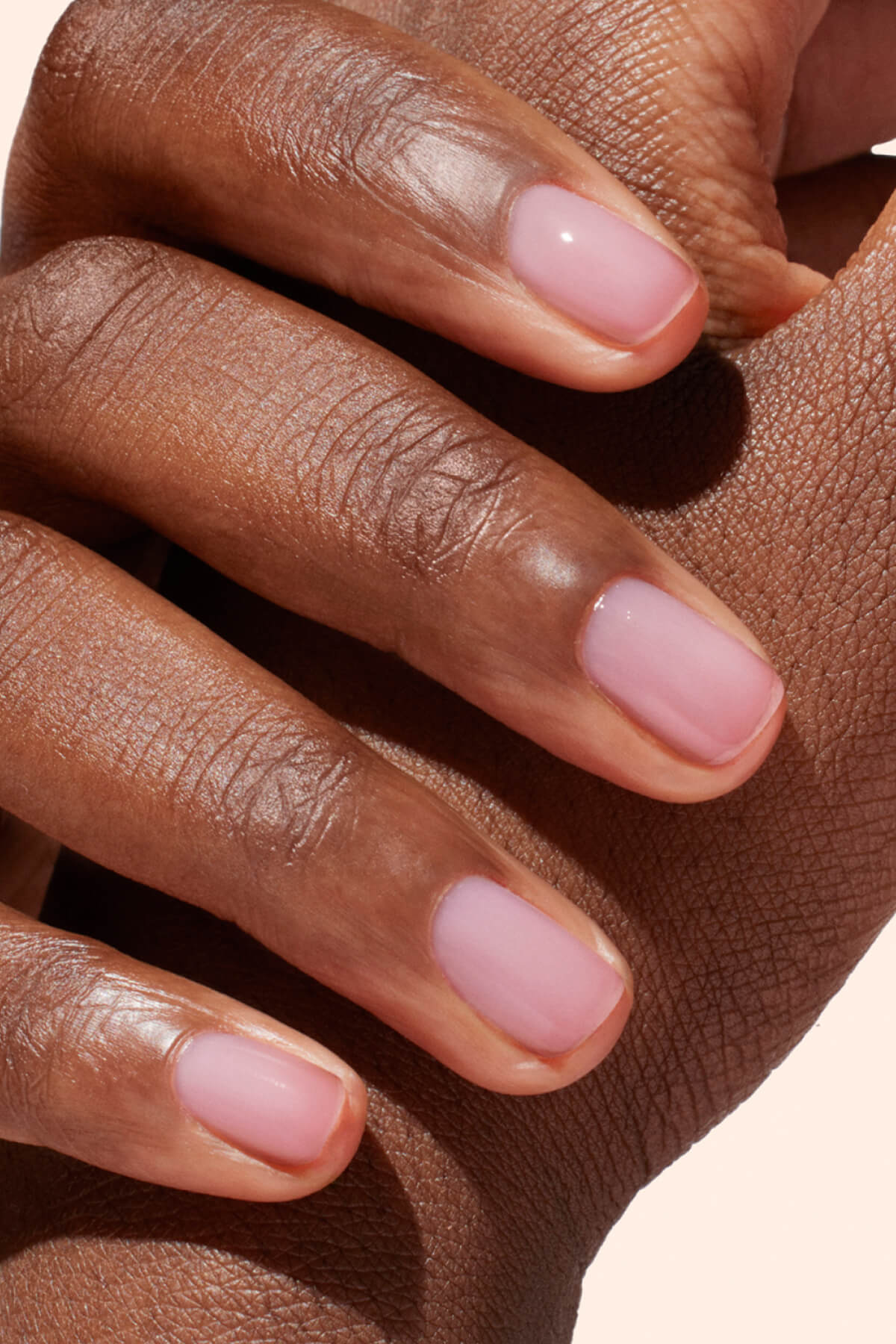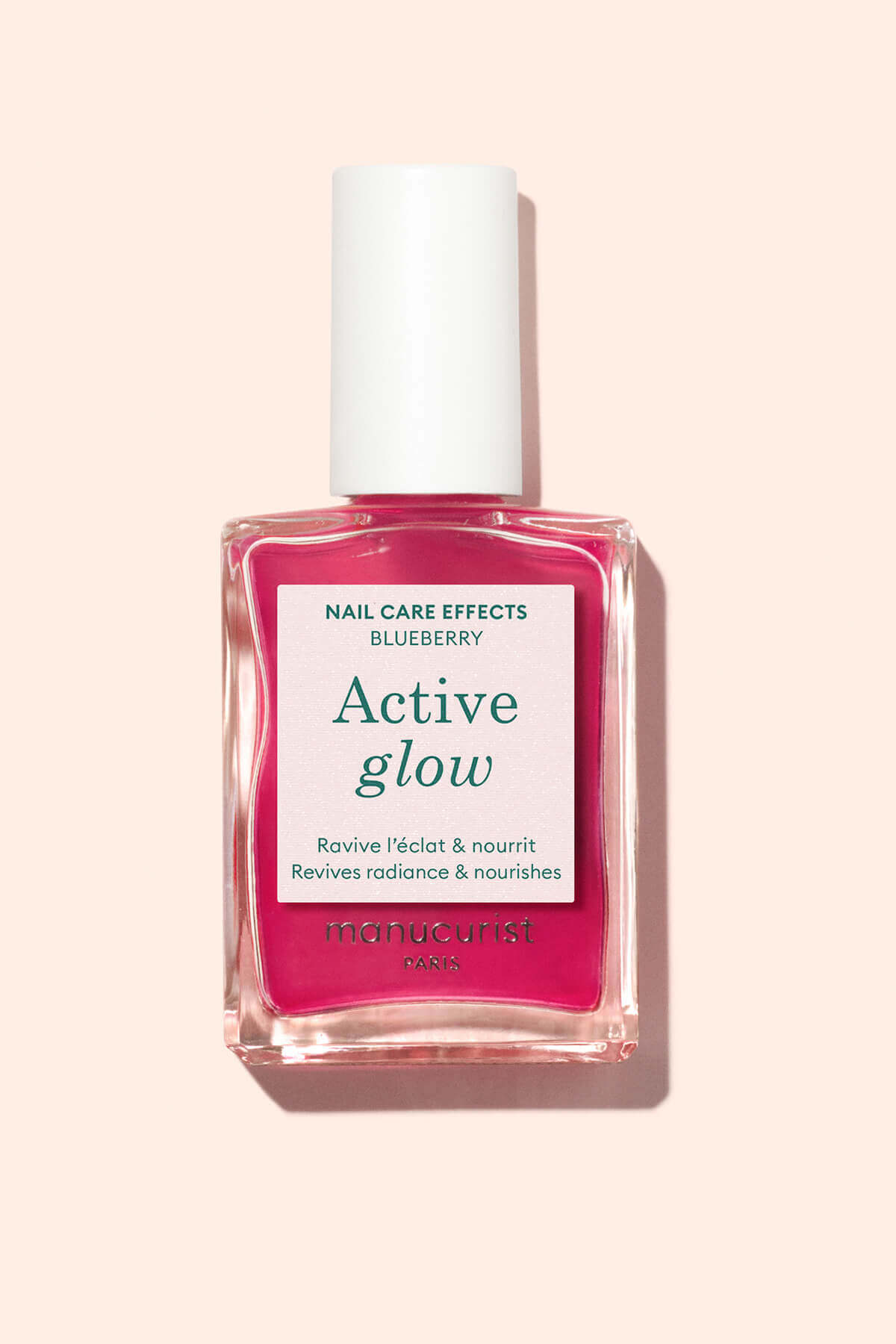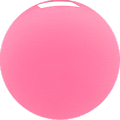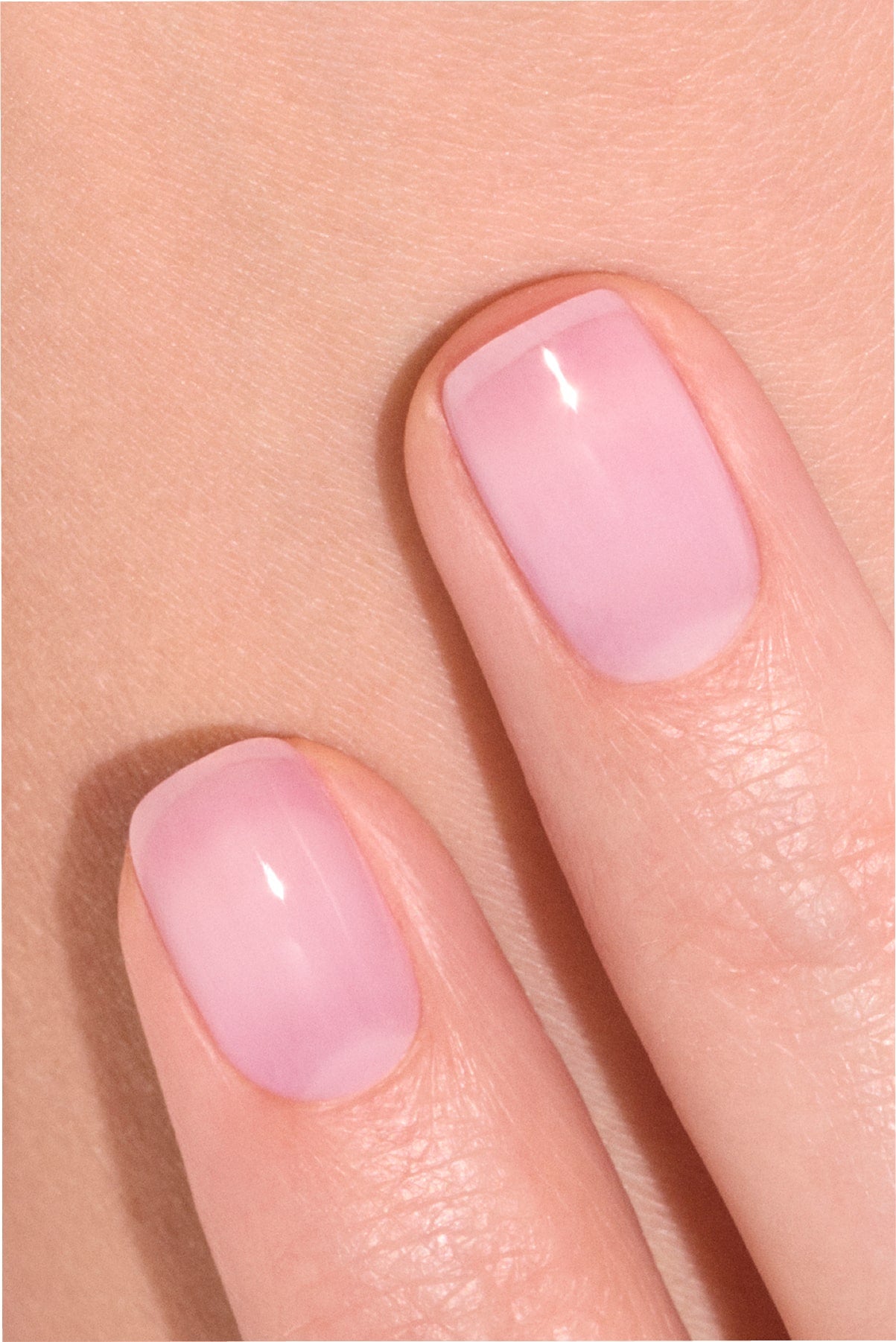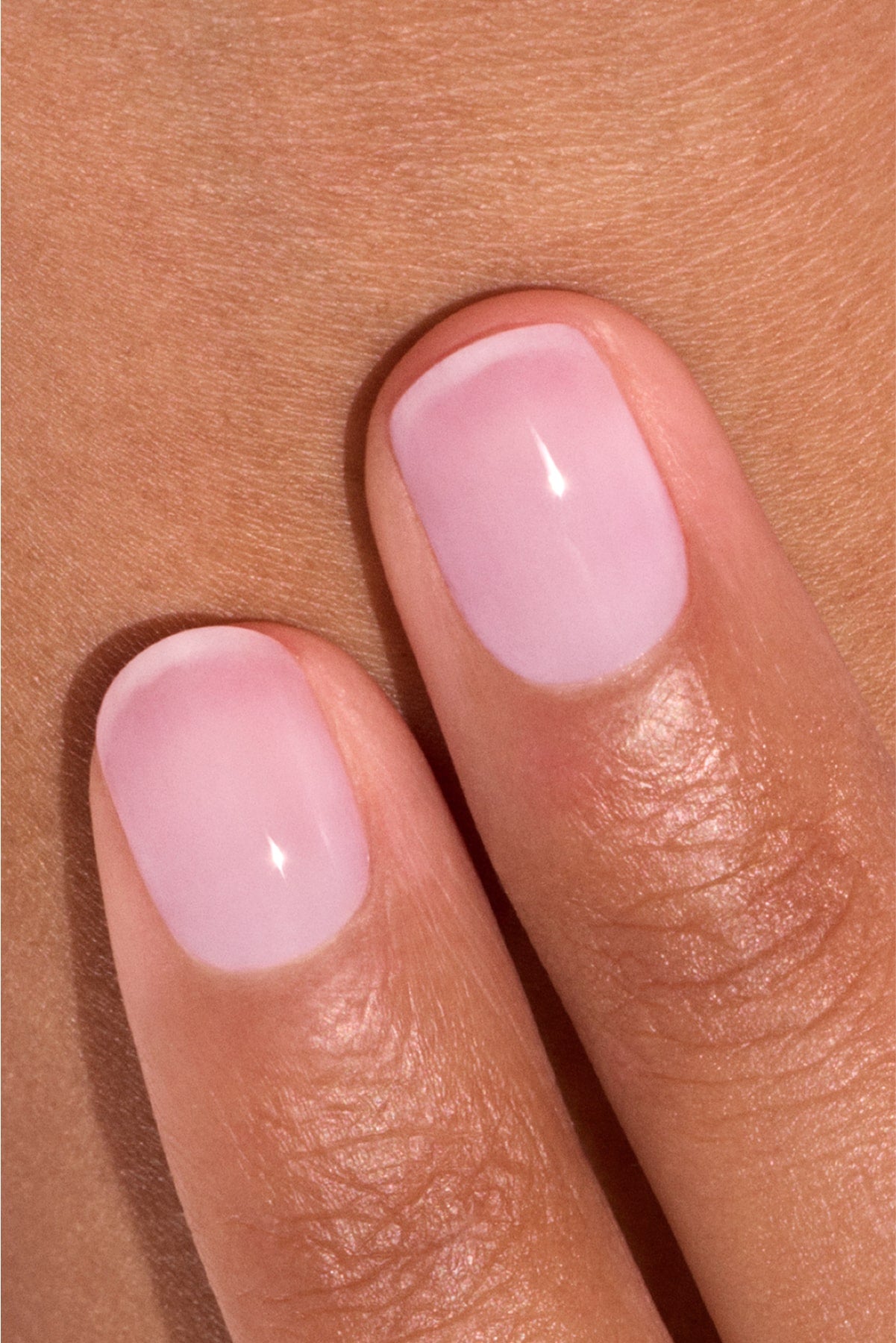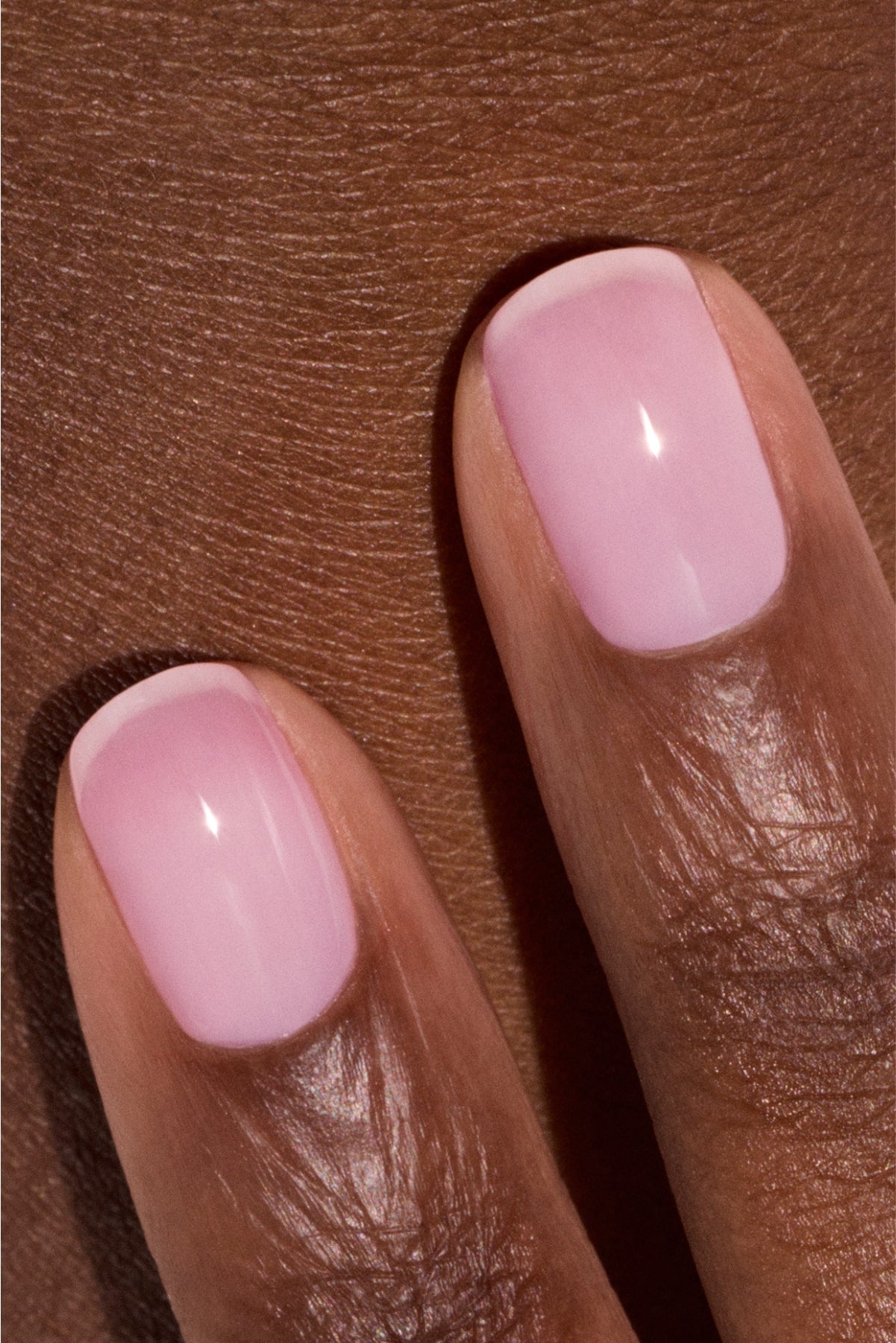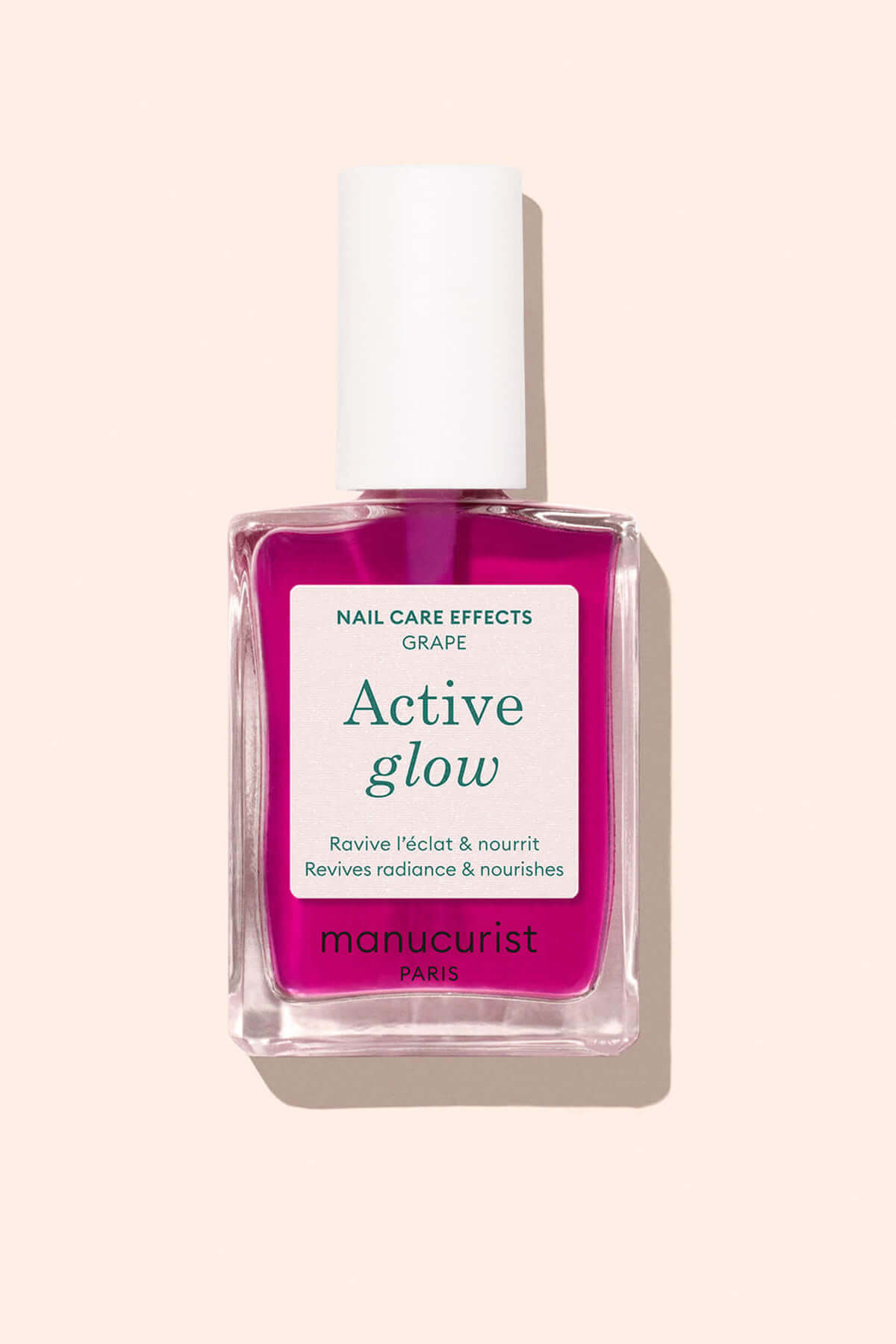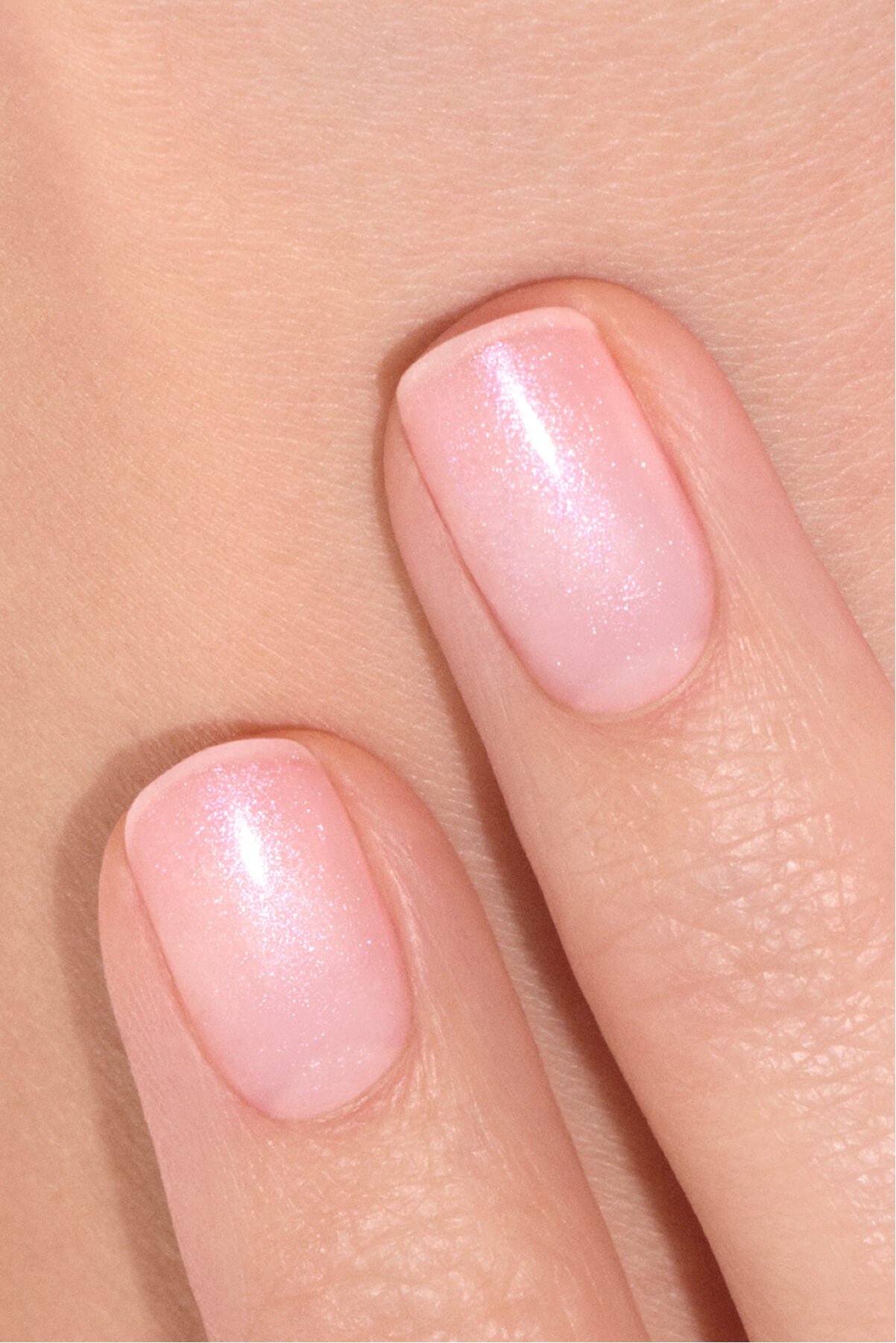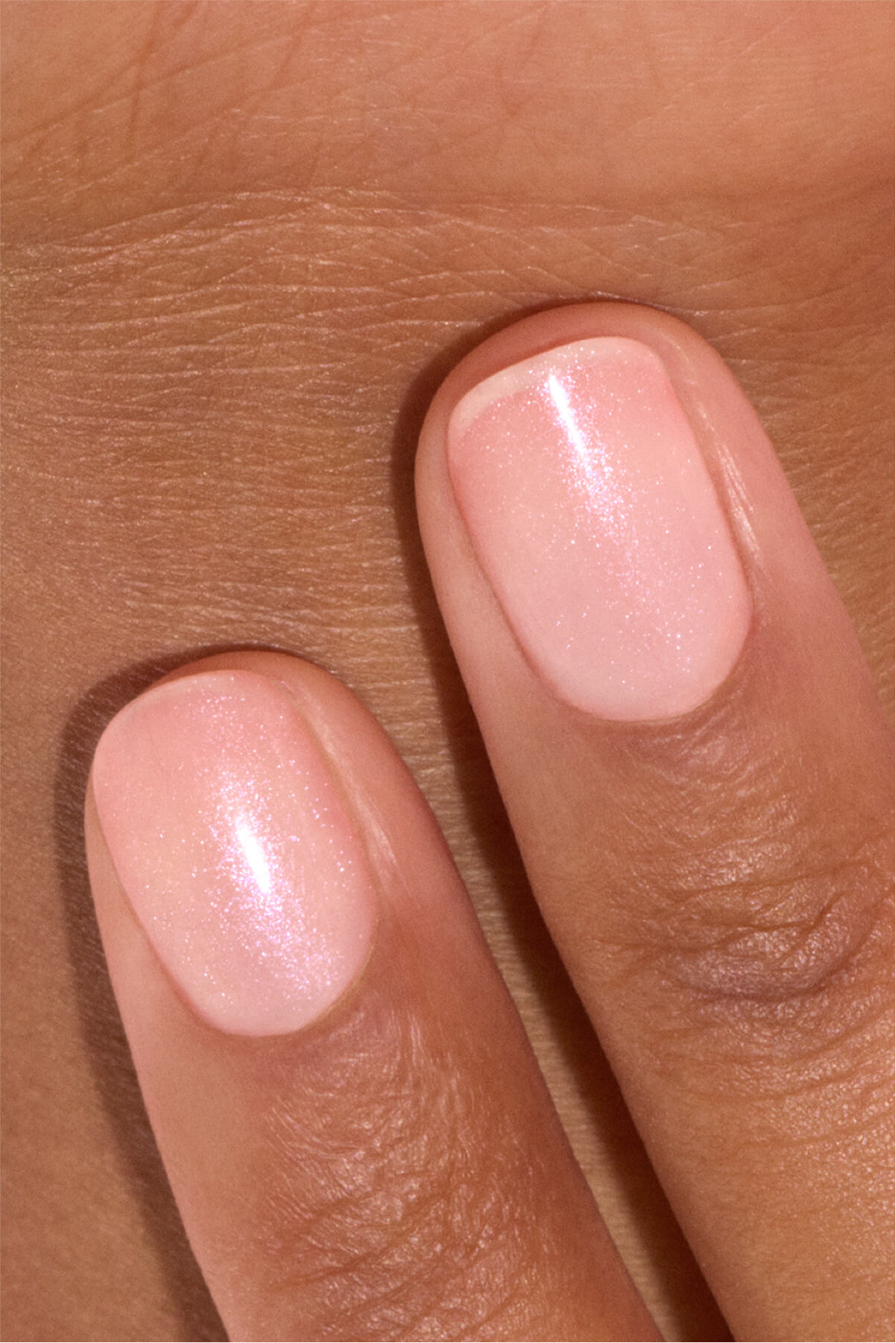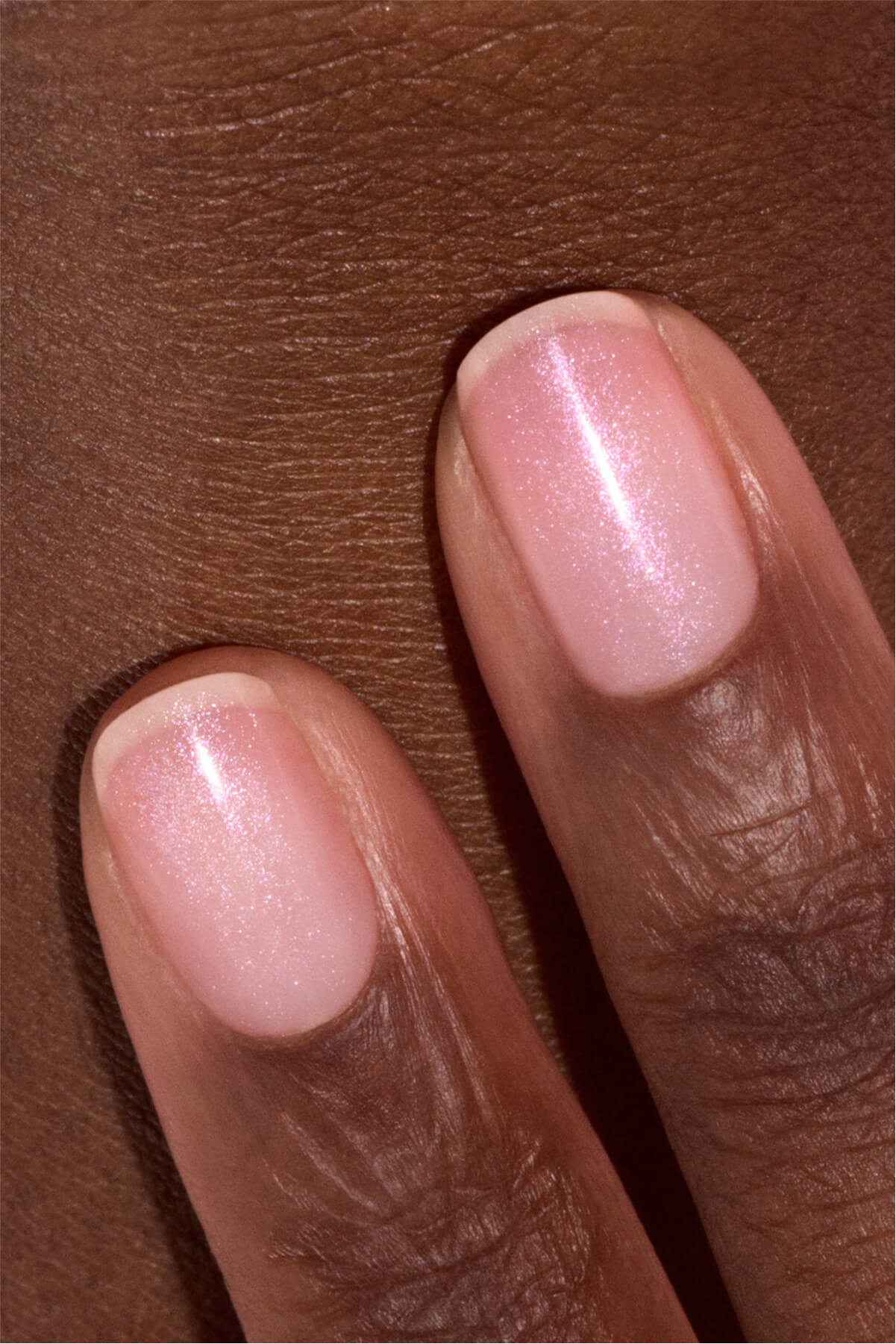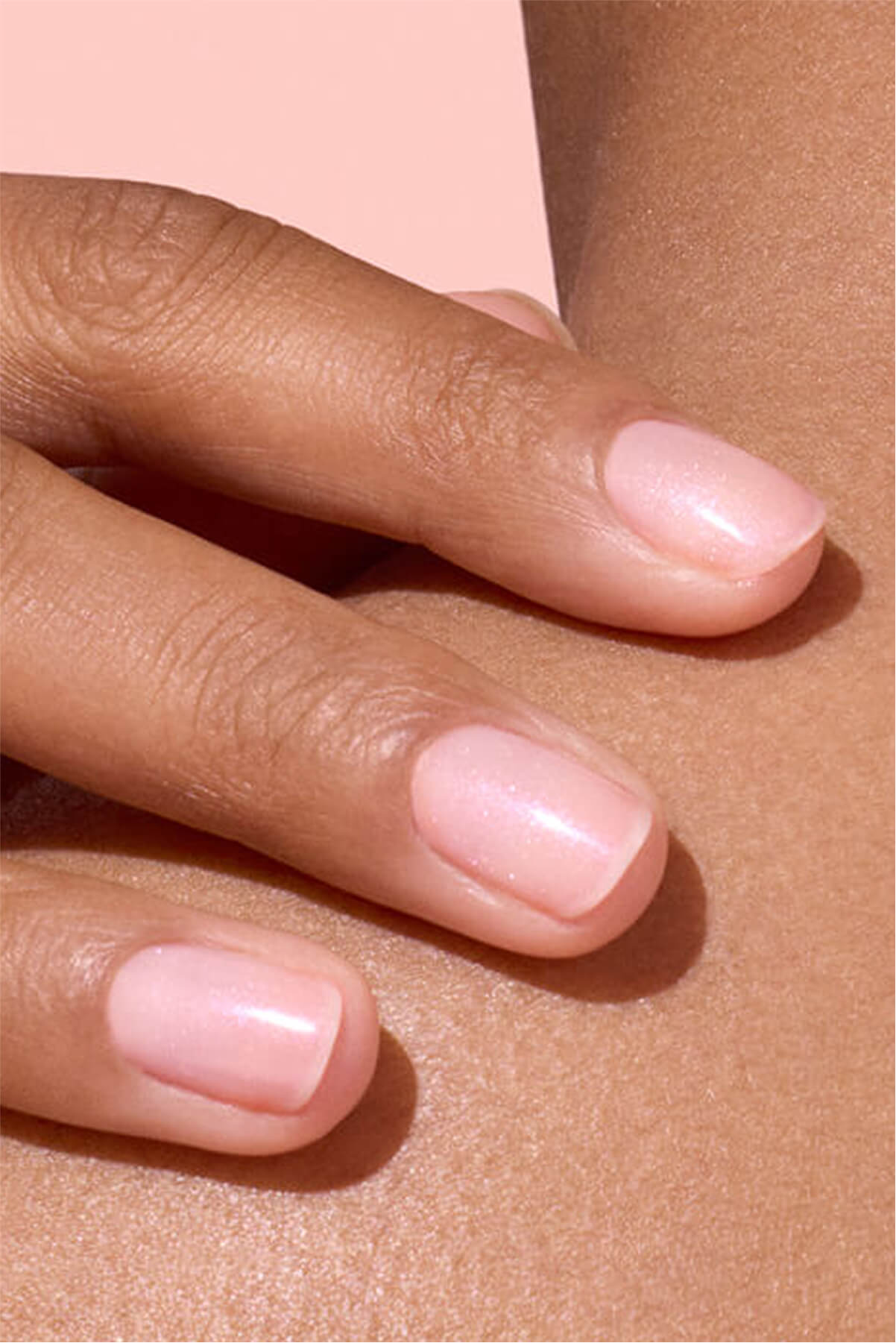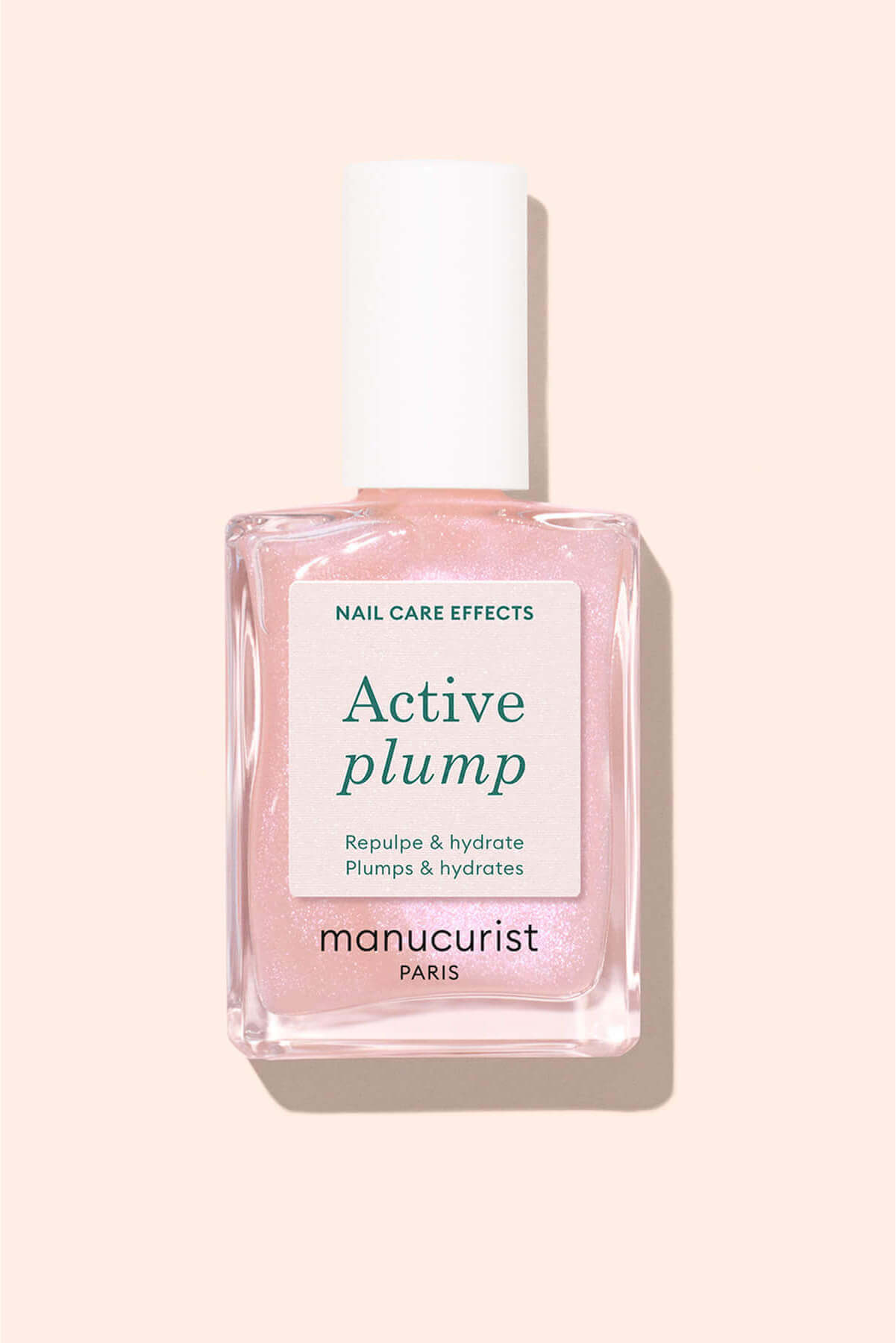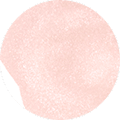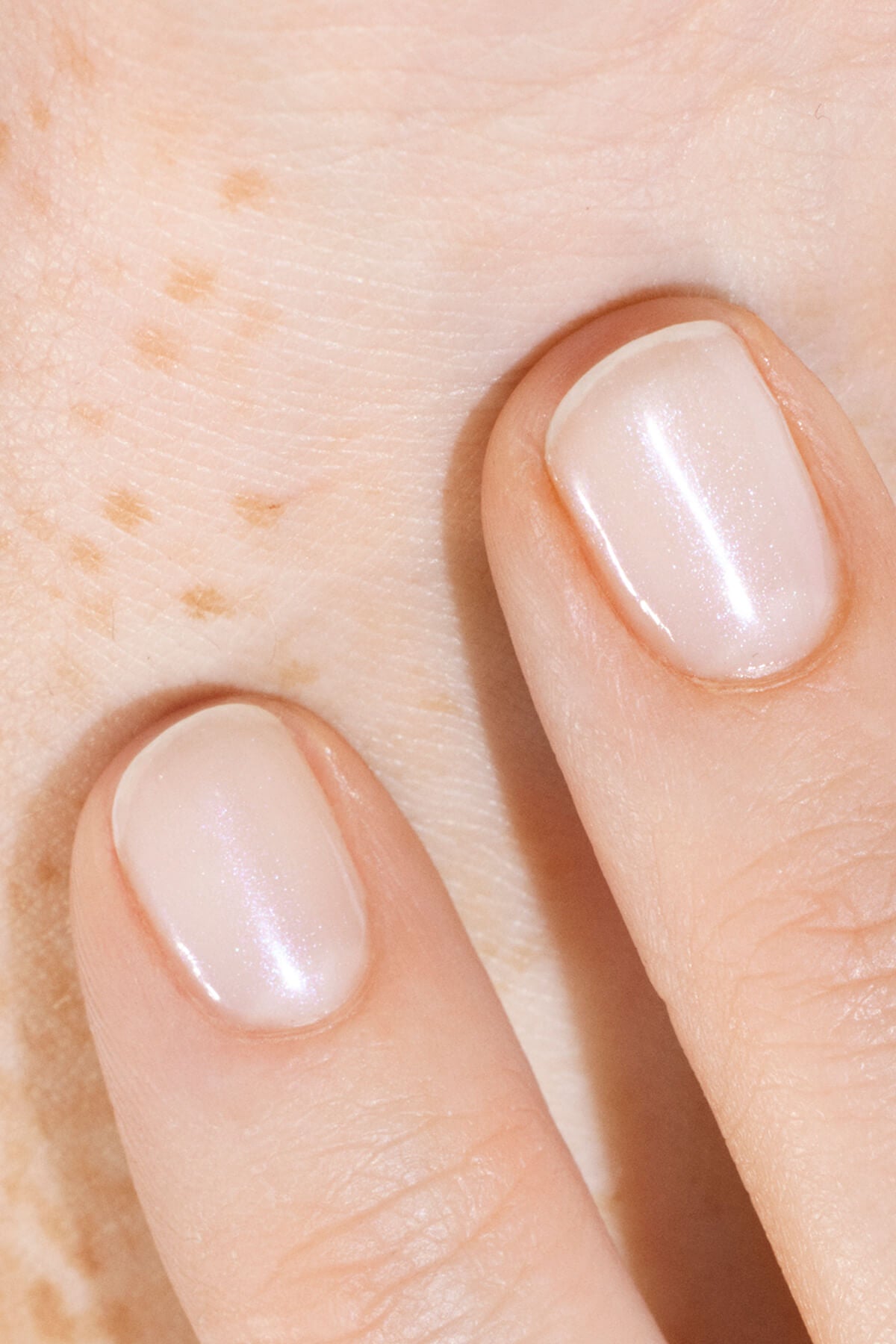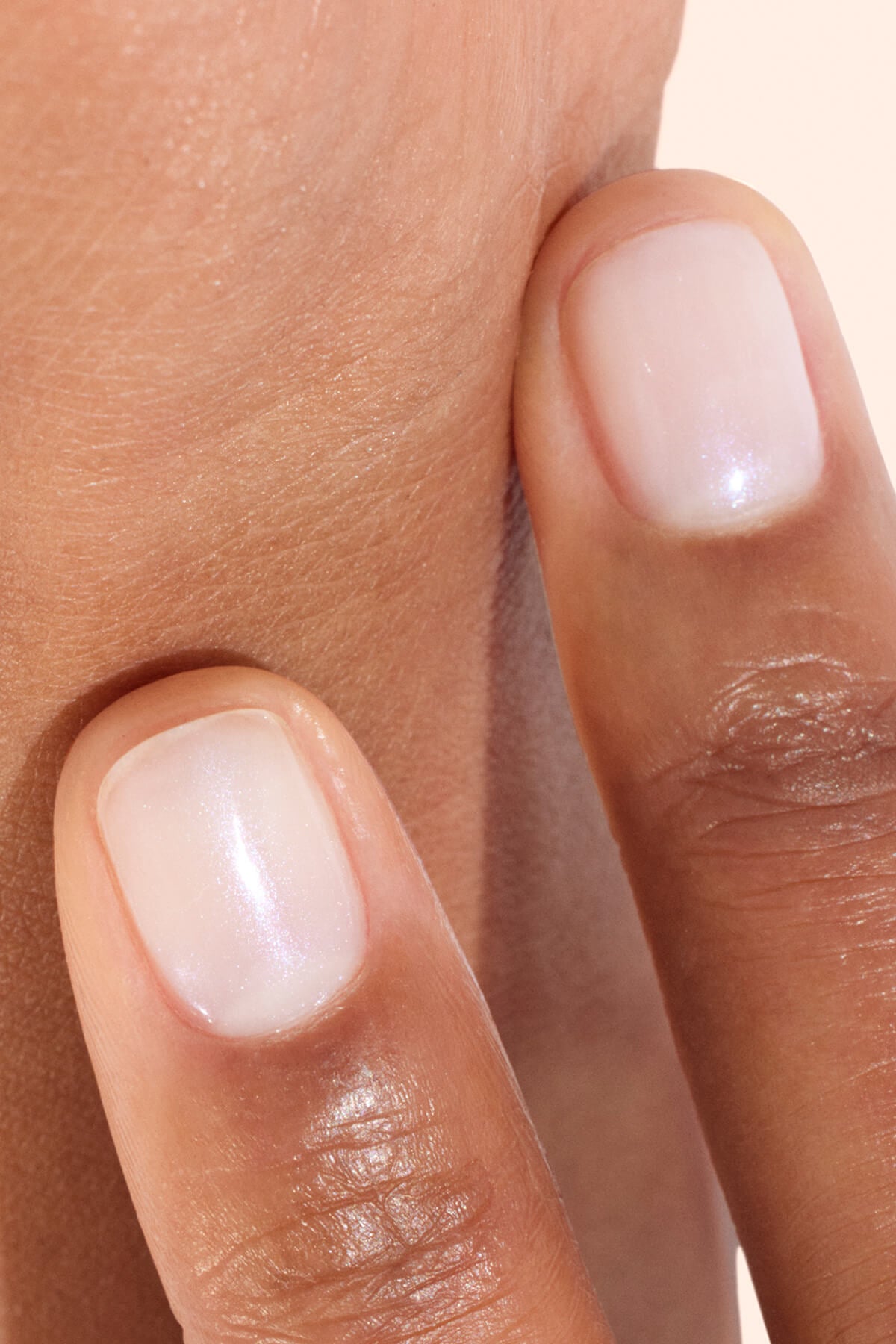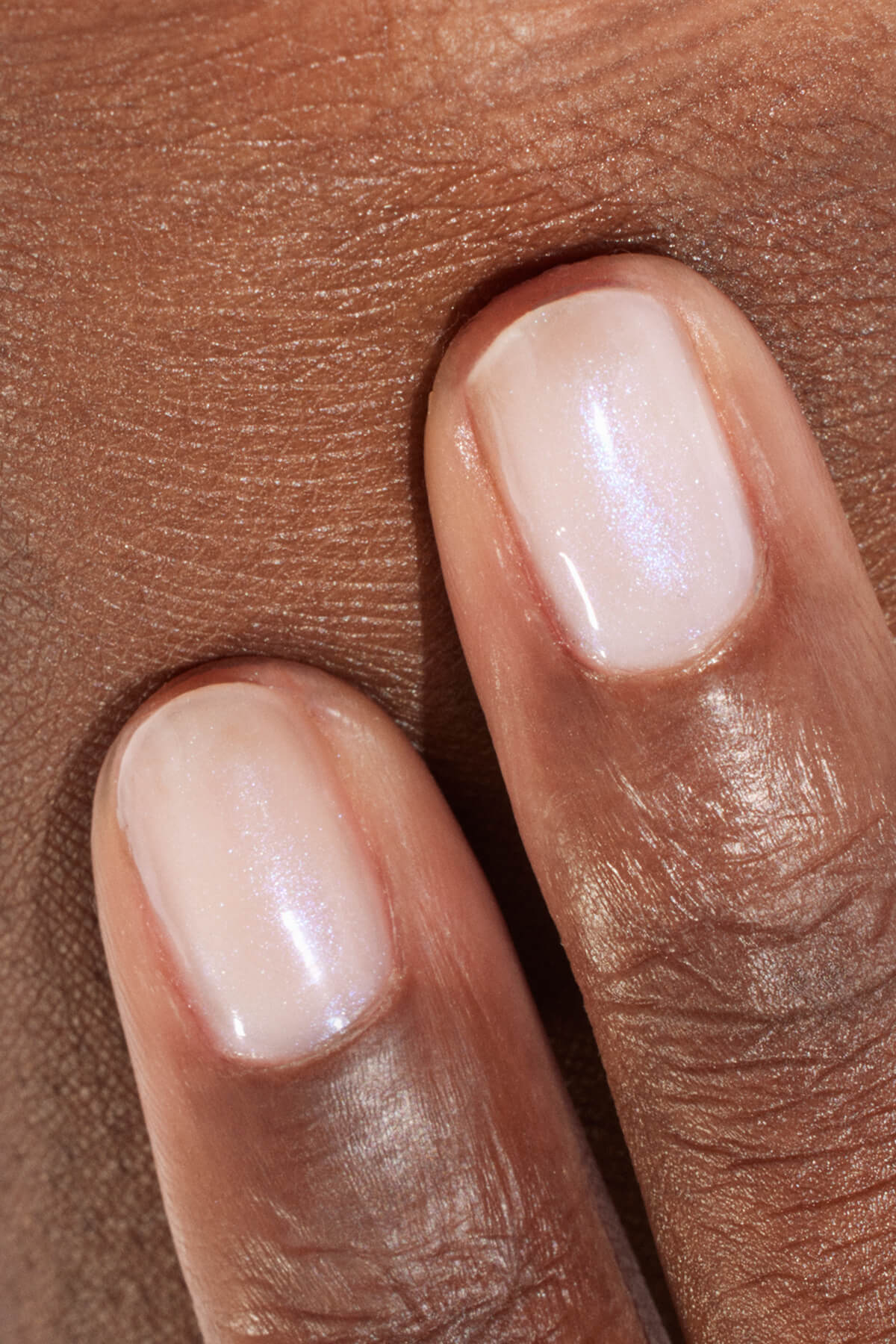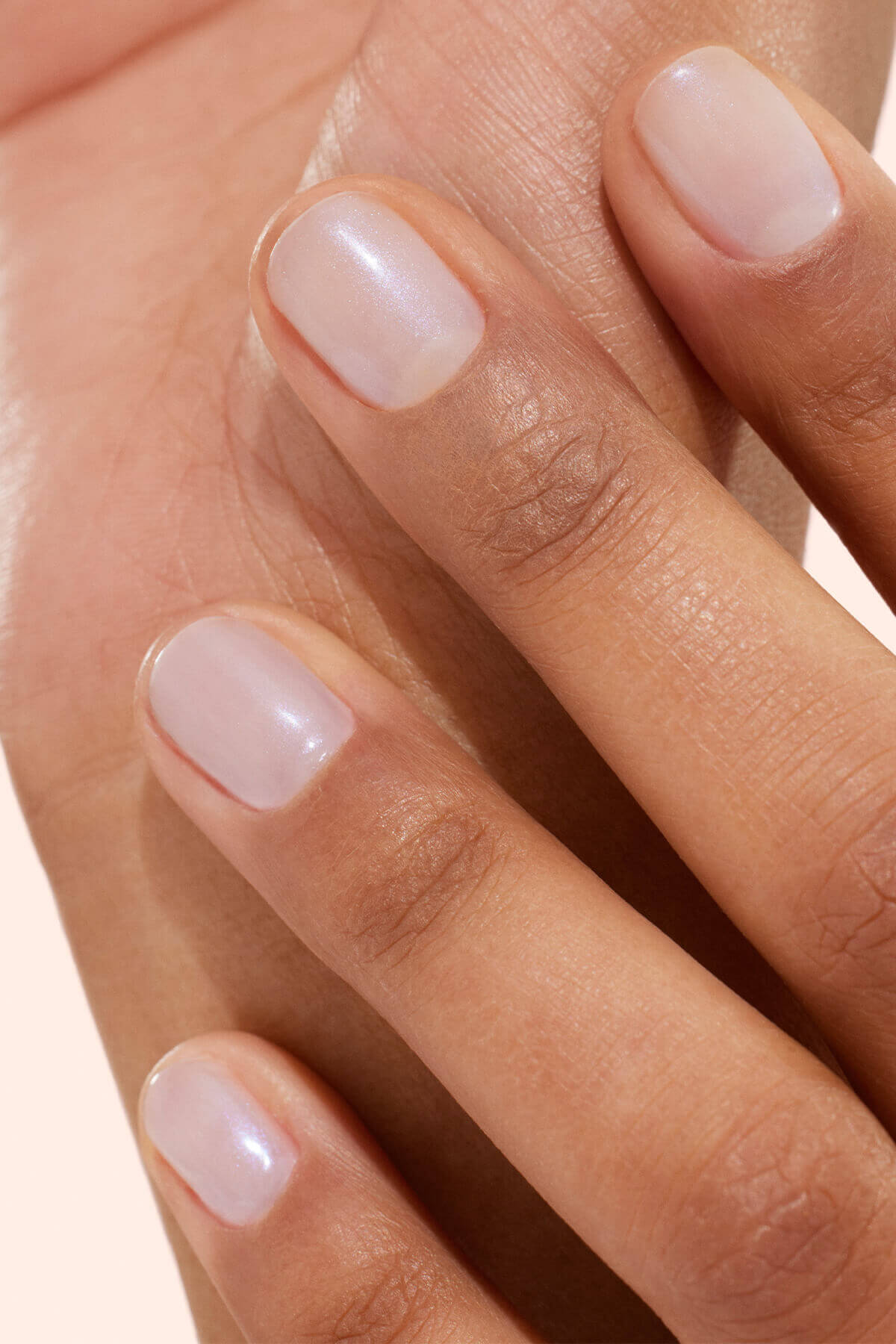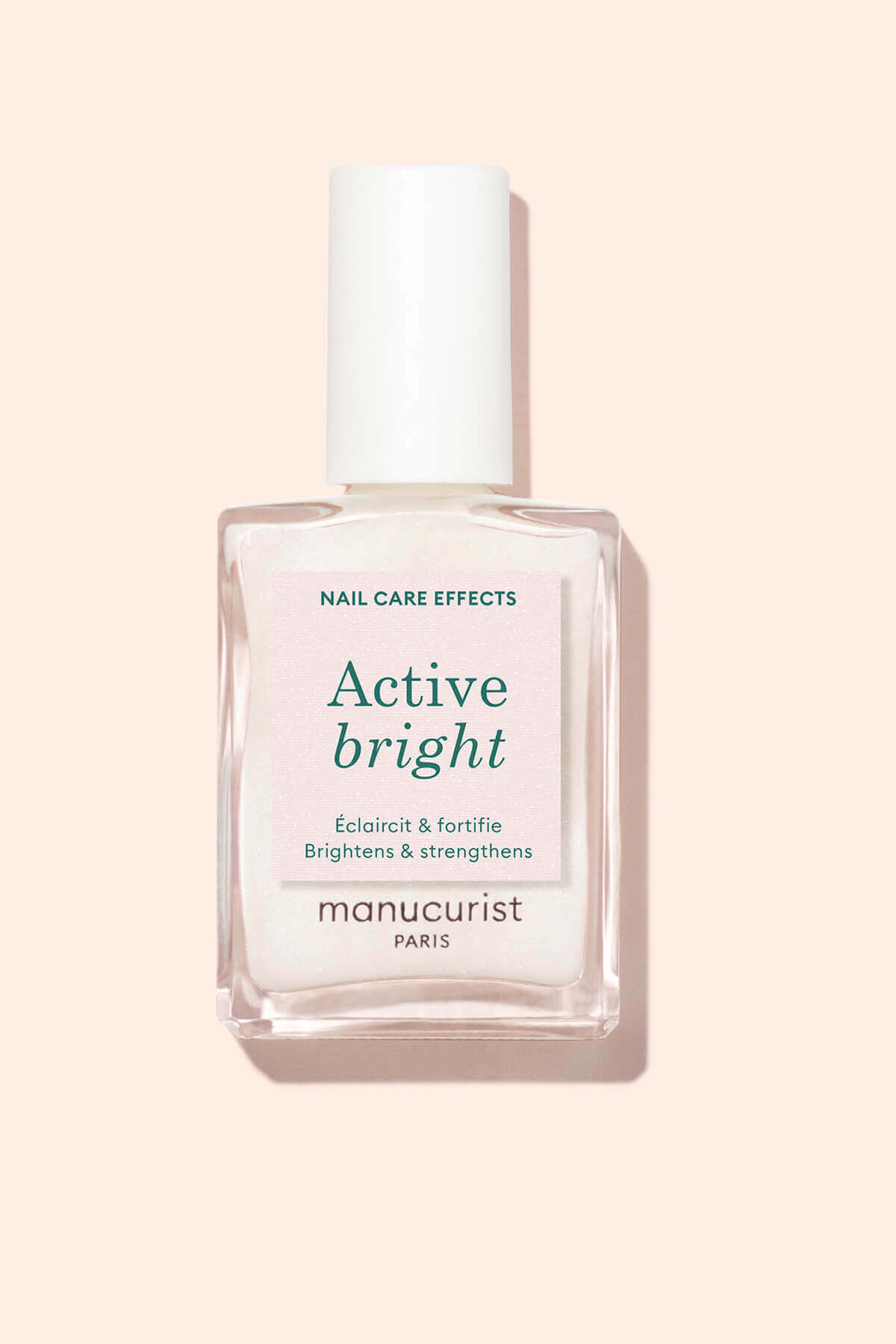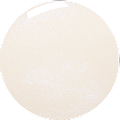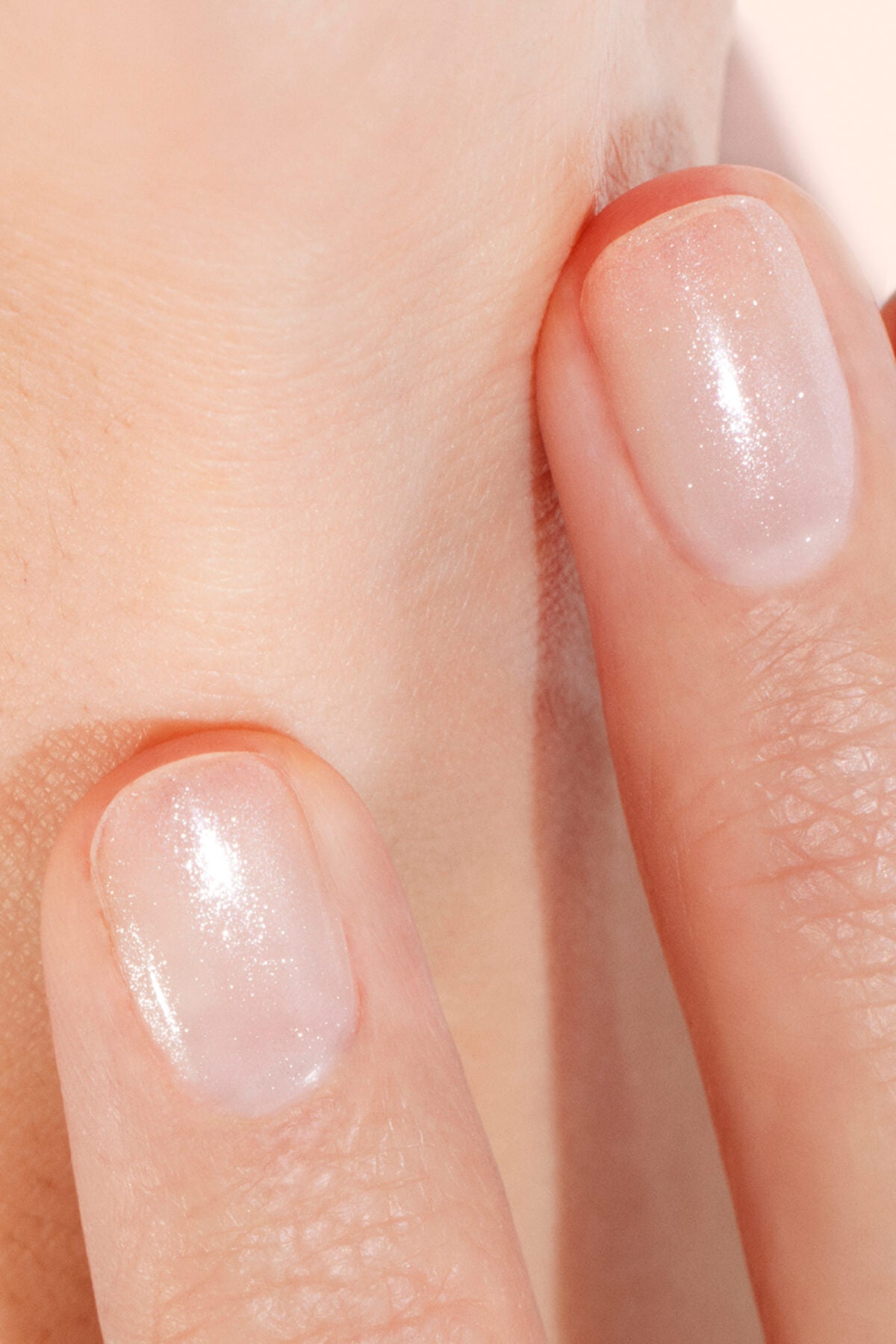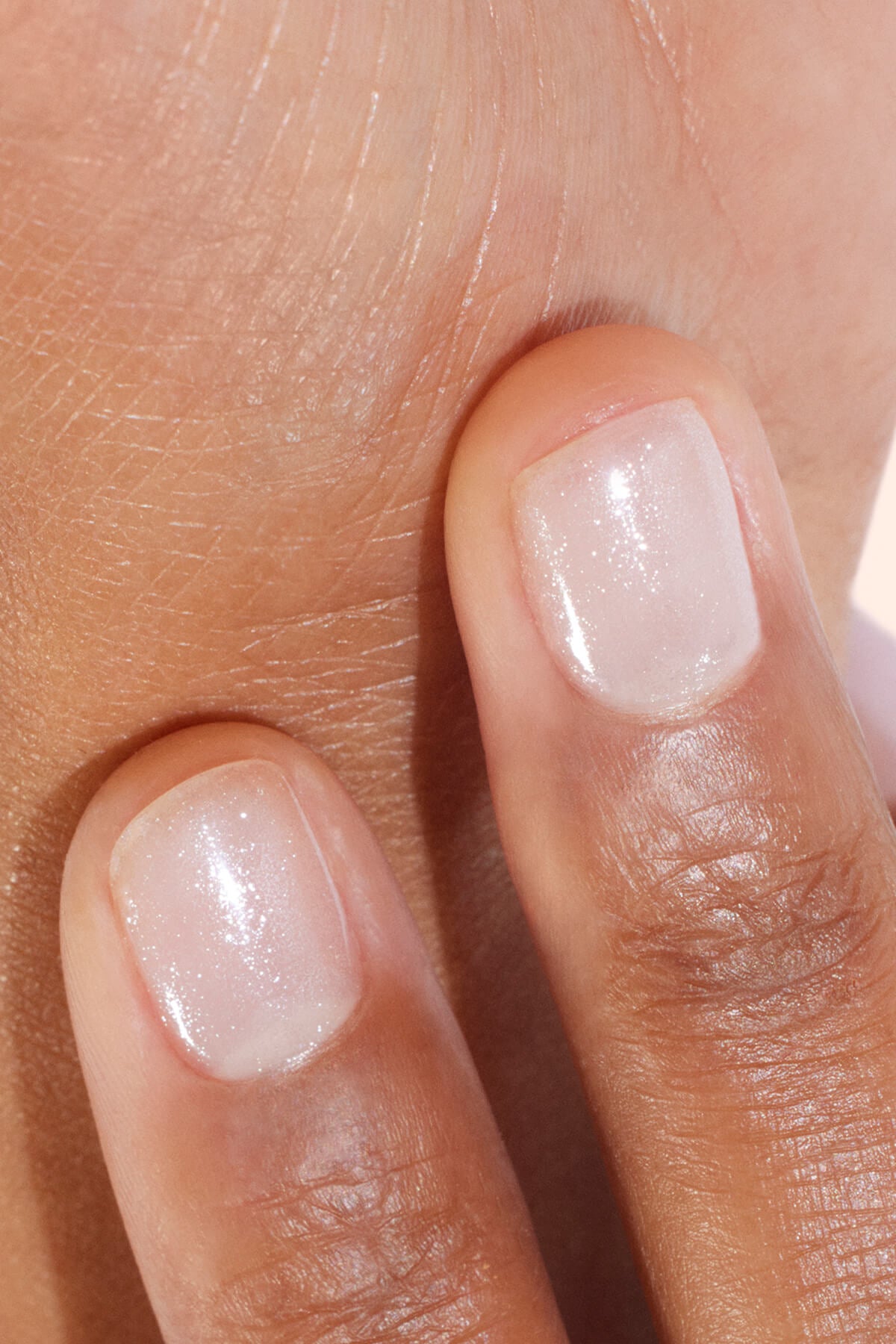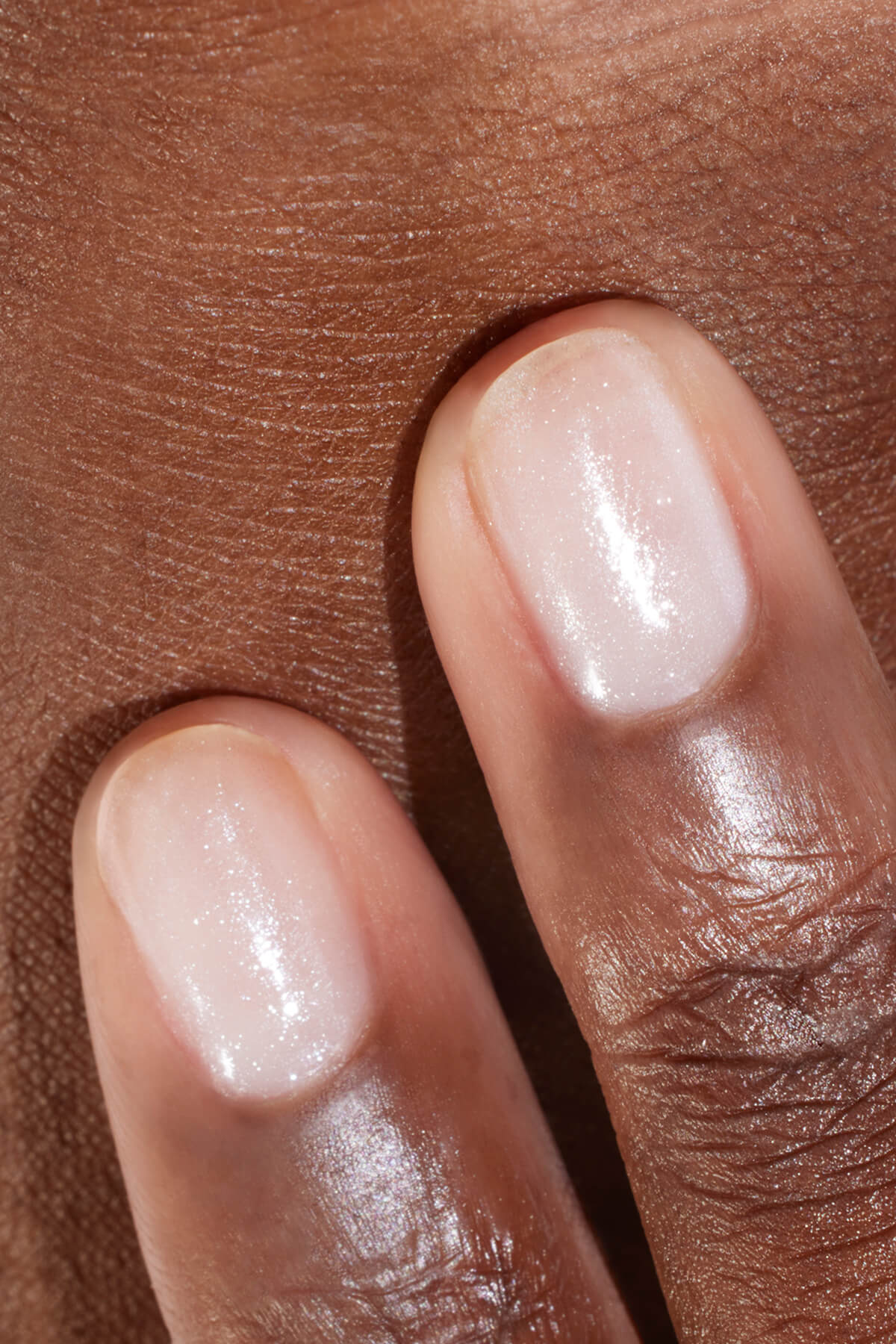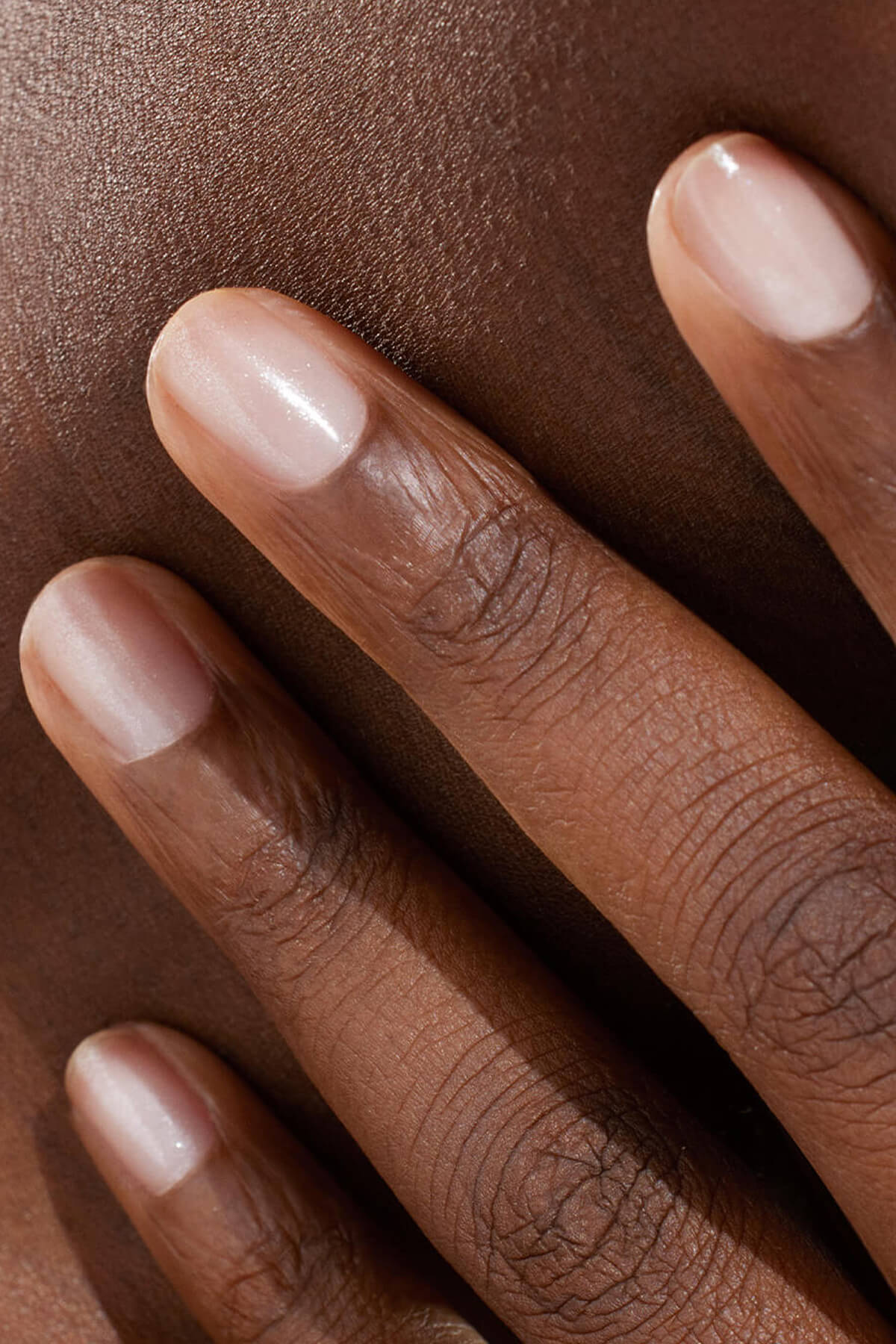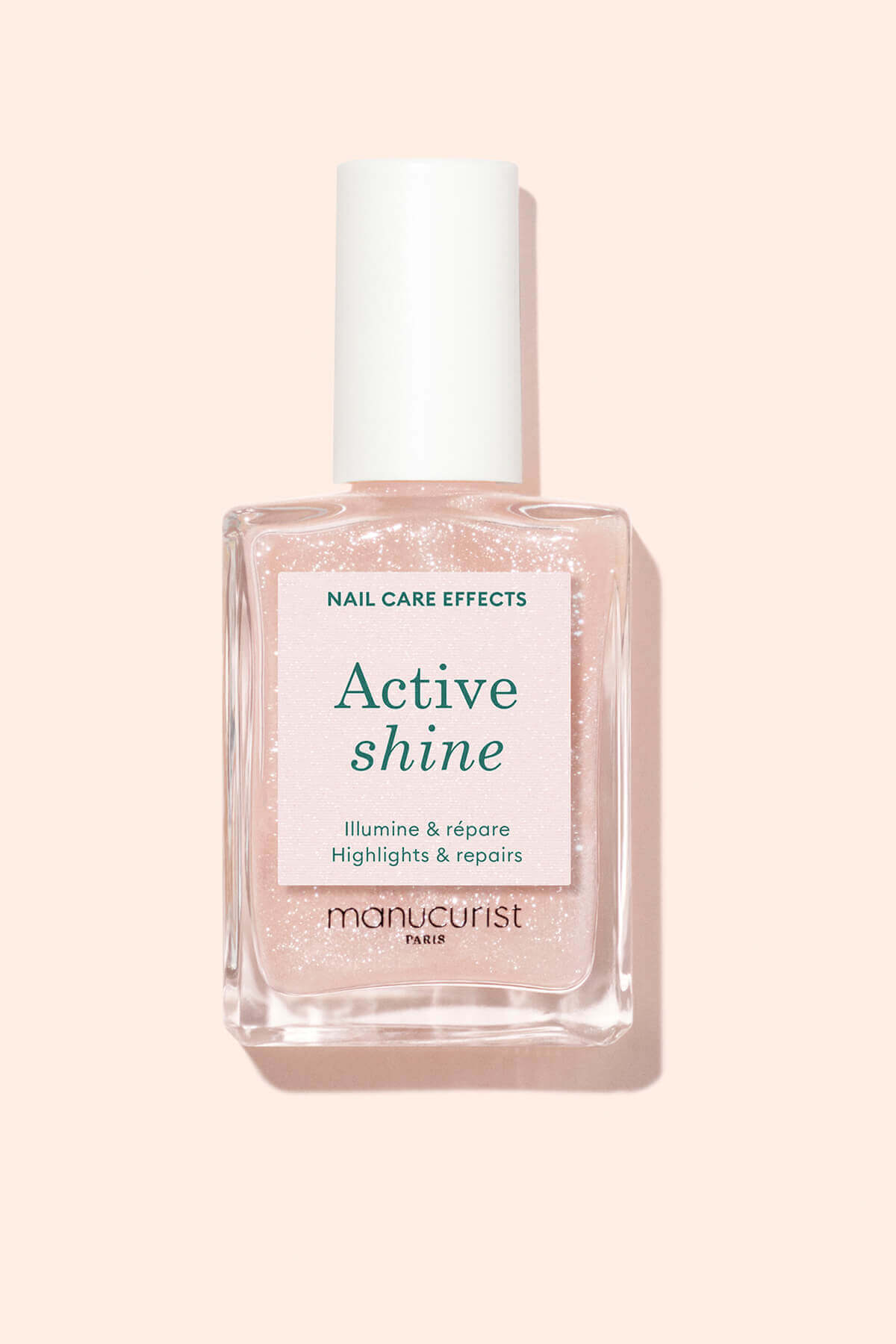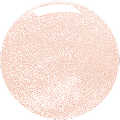Focus on a term widely used in manucurist
Product development at Manucurist is always a challenge. Indeed, we have very strict specifications in terms of efficiency, rendering, holding ... We ask our laboratories to respect our Blacklist of ingredients So that our products is as clean as possible. We also ask them that the formulas be bio-soupped. This sine qua no condition may seem a little obscure to you: let us explain all that to you.
A definition of “bio-sourcé”
A bio-soupped ingredient is an ingredient from the biomass, the term biomass defining organic matter of plant, animal, bacterial or fungal origin (fungi). At Manucist, the term biomass is summed up with plants Because we are a vegan brand.
Take for example the butyl acetate which is a solvent present in our ranges Green and Green Flash. This solvent is produced from cassava: it is therefore bio-sourced.

What is the difference with the name "natural origin"?
All organic ingredients are naturally But all the ingredients of natural origin are not bio-sourced (yes yes, it's like Socrates and cats).
For example, the pigment CI 77007 that we find in our shade Ultramarine is a natural pigment because it comes from the grinding of a stone: the Lapis-Lazuli. It is a mineral pigment: it is therefore natural but not bio-sourced because minerals are not part of biomass.

Bio-sourier its formulas, it's good for the planet!
Traditional varnishes are mainly from synthesis and this concerns all categories of molecules (solvents, plasticizers, dyes, etc.). Most of these molecules have their origin in petrochemicals.
By choosing to extract our ingredients from renewable biomass, we favor a greener production method and thus reduce our impact on the environment.

An organic varnish is not an organic varnish
Despite the resemblance, these two concepts are not synonymous.
If we refer to the label Ecocert-Cosmébio (most recognized in France), an organic cosmetic product must contain:
- more than 95% of natural or natural ingredients
- More than 95% of plant ingredients from organic farming
- more than 20% of all ingredients from organic farming
- Less than 5% of non -harmful synthetic ingredients, among a list of ingredients authorized by the label

Water and minerals, although of natural origin, cannot be considered organic since they are not from agriculture.
Today there is no organic varnish Due to the technicality of nail polish formulas. Let’s keep in mind that cosmetics is a sector still looking for innovation; Who knows what the future has in store for us?
Discover more articles concerning manicust formulas in the category Go Green.


